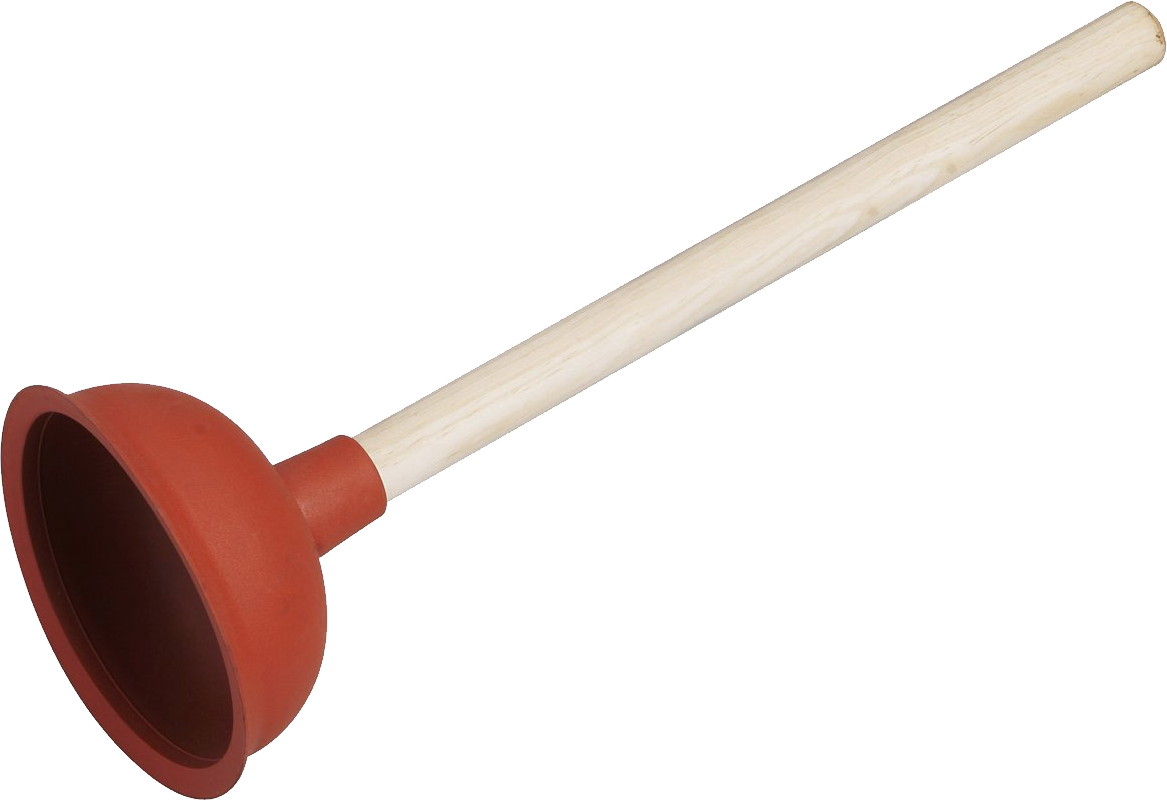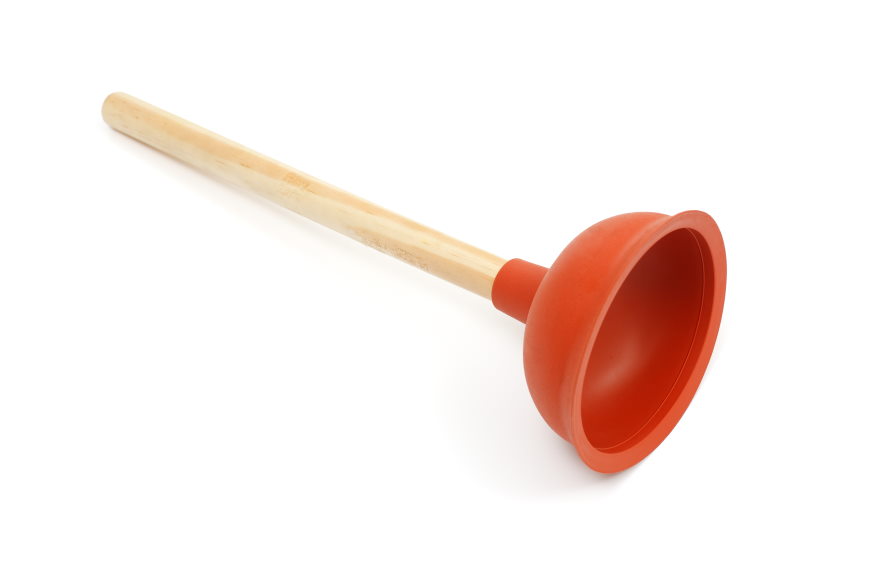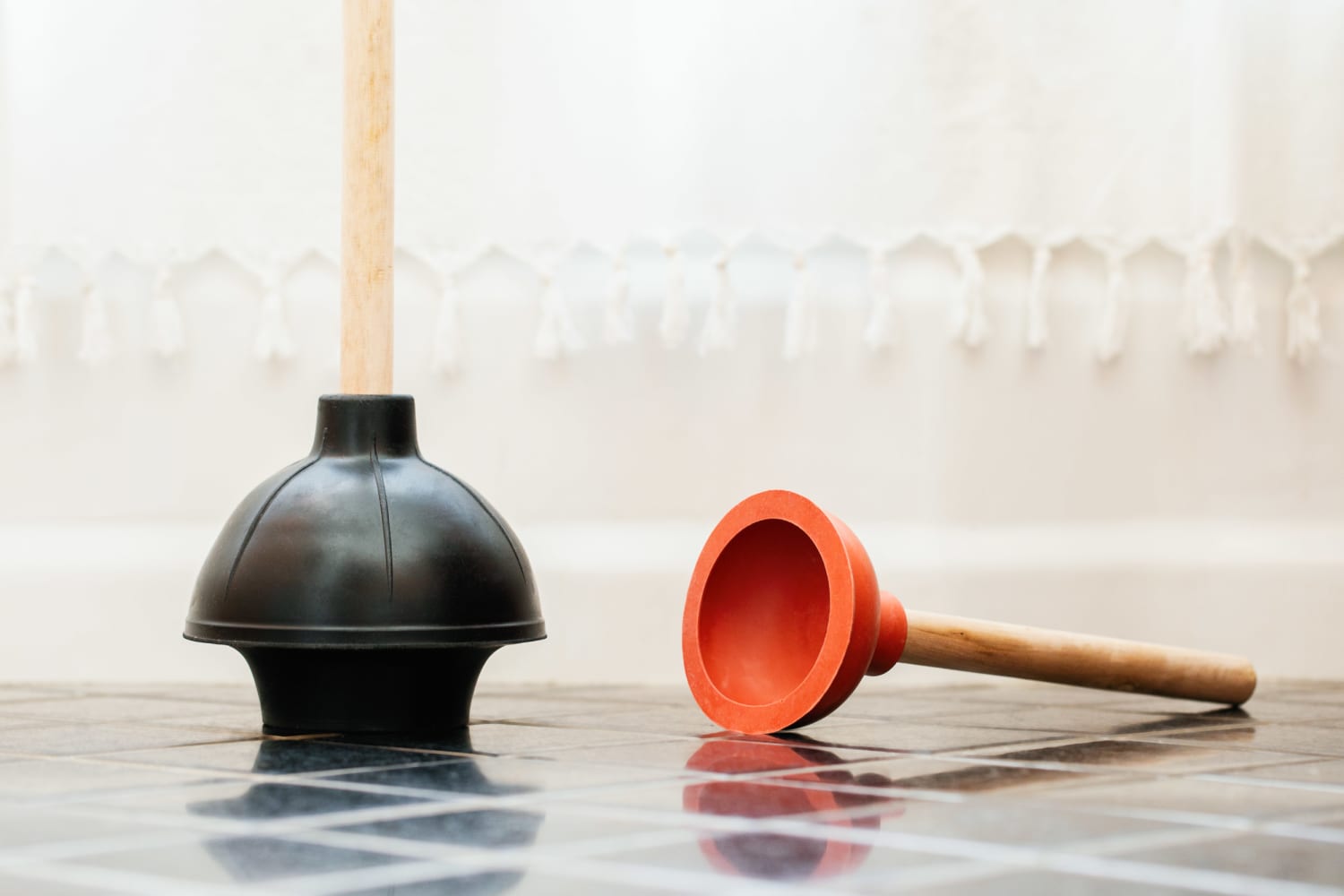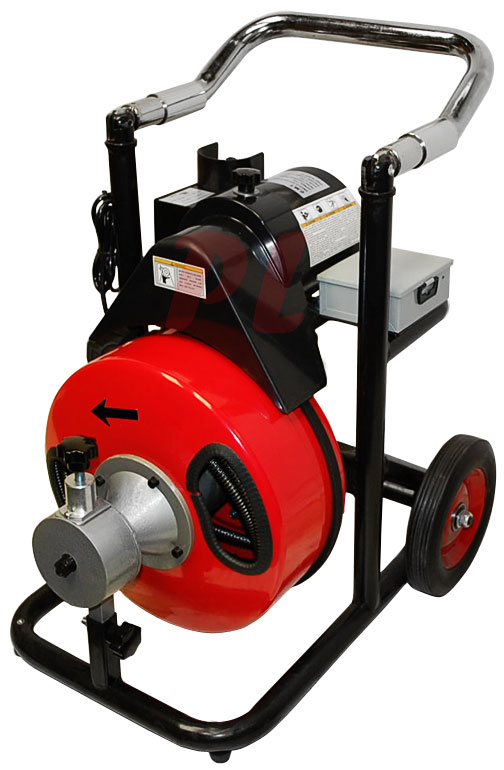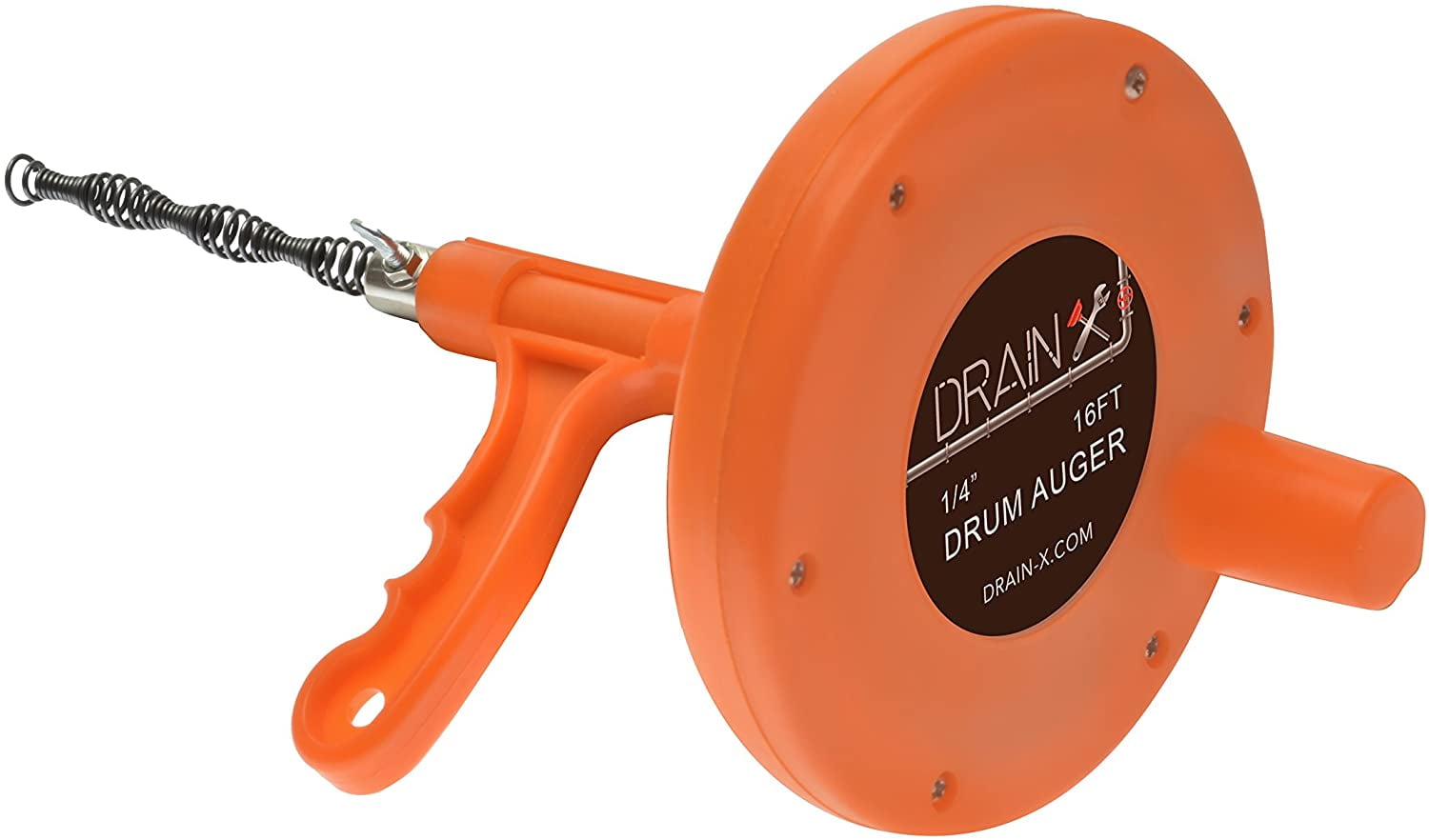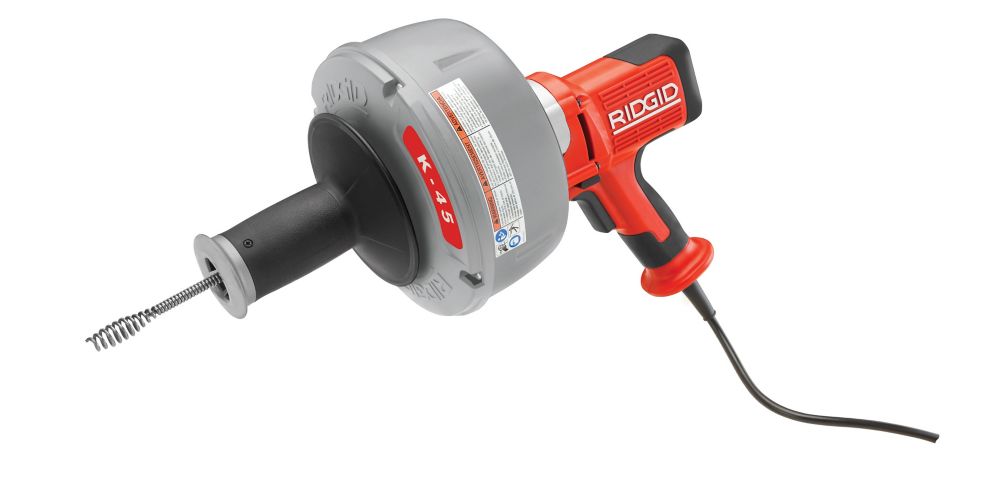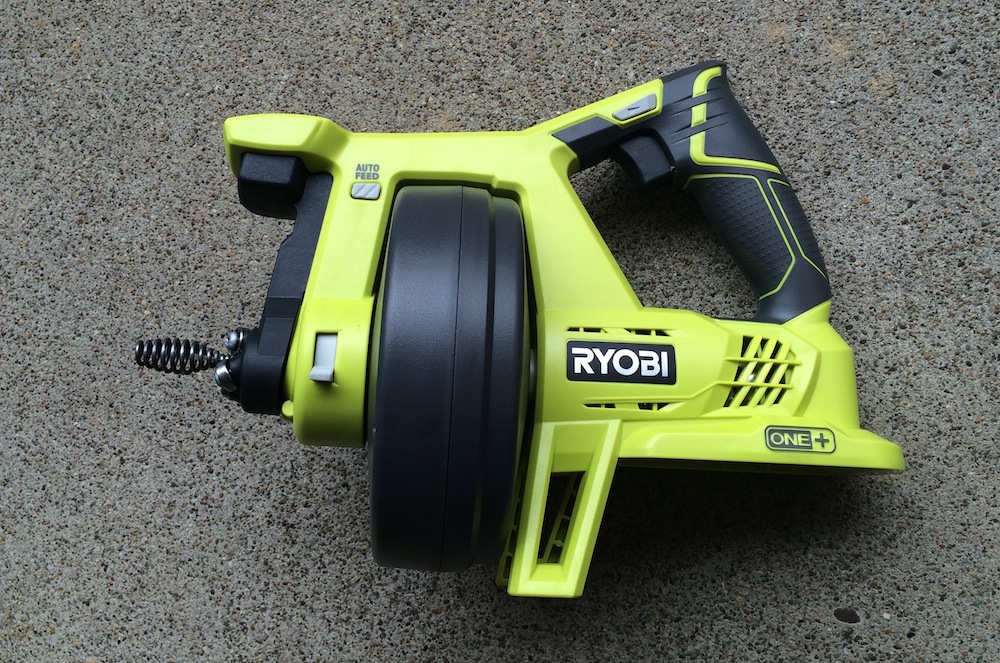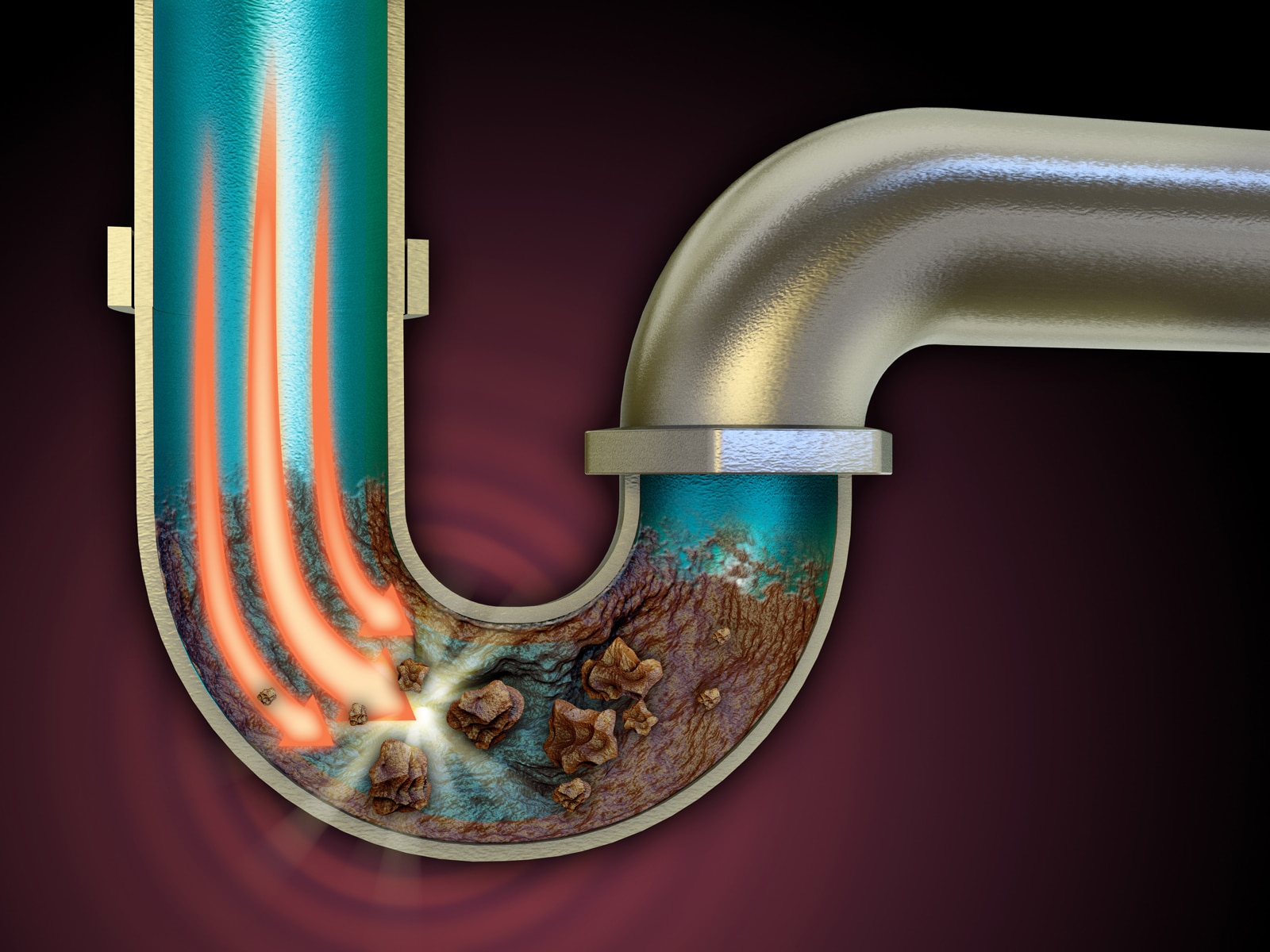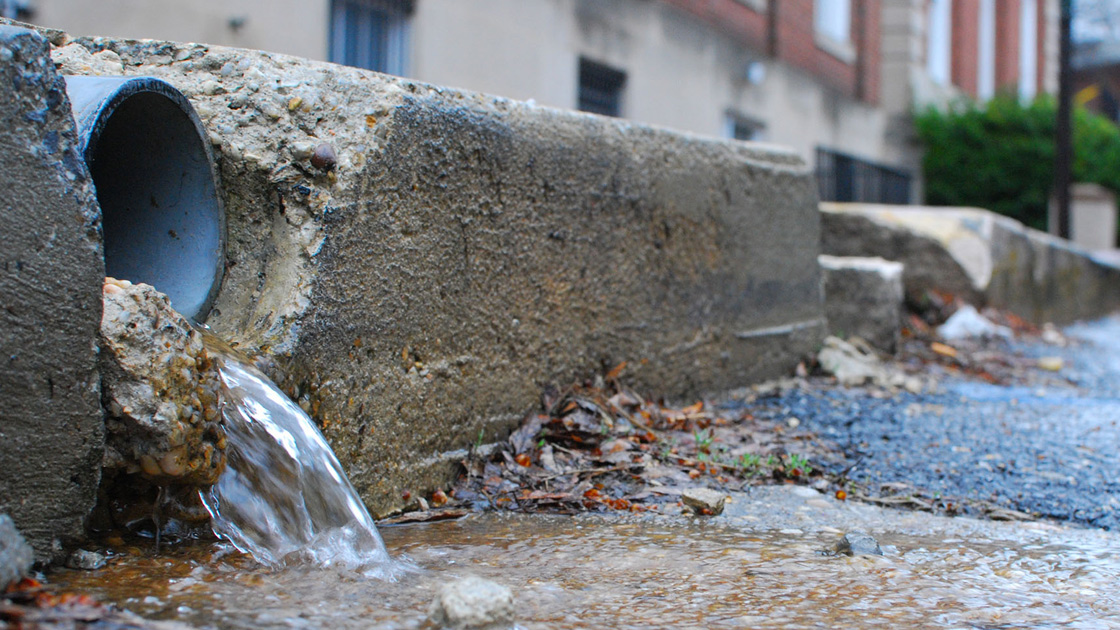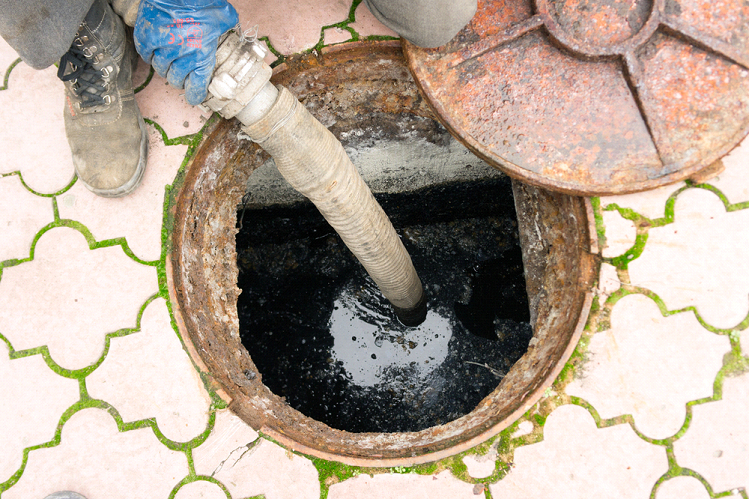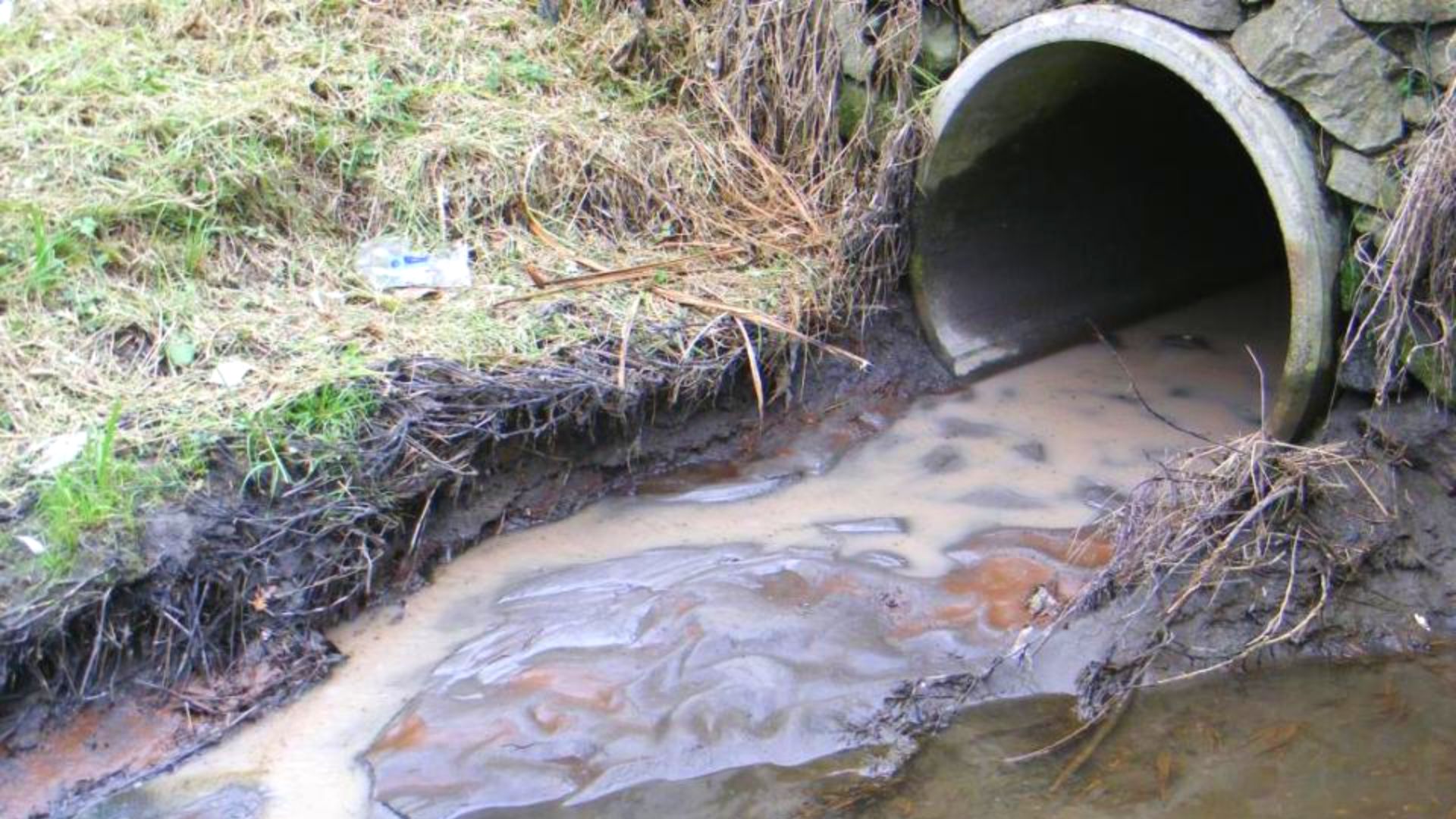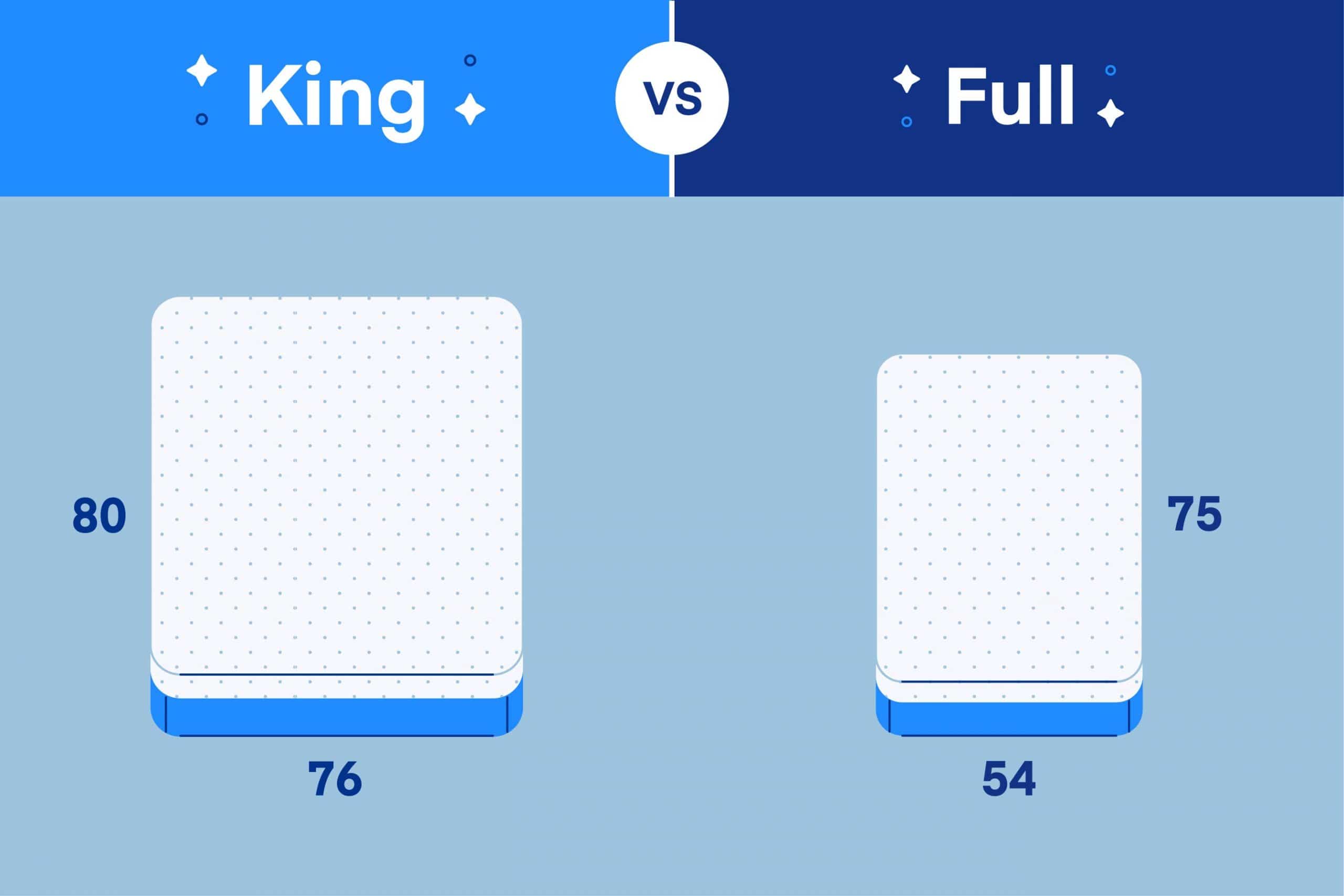If you've noticed that your bathroom sink is taking longer than usual to drain, you may have a slow drain on your hands. This can be a frustrating and inconvenient problem to deal with, but fear not – there are several solutions to help get your sink back to its normal drainage speed. Let's take a look at some of the top methods for tackling a slow drain in your bathroom sink. Slow Drain? Here's How to Fix It
The first step in addressing a slow-draining bathroom sink is to determine whether it's actually clogged. A clogged sink can be caused by a variety of things, such as hair, soap scum, or other debris that has built up in the drain over time. You may also notice a foul odor coming from the sink, which is a sign that there is a clog somewhere in the plumbing. If you're unsure whether your sink is clogged, try pouring some hot water down the drain and see if it helps improve the drainage. Identifying a Clogged Sink
If the hot water trick doesn't work, the next step is to take a look at the plumbing under your sink. It's possible that there is a blockage or buildup in the pipes that is causing the slow drain. You can try removing the P-trap (the curved pipe under the sink) and cleaning it out to see if that improves the drainage. If you're not comfortable doing this yourself, it's best to call a professional plumber to handle the job. Checking Your Bathroom Plumbing
If you've determined that your sink is clogged, you can try using a drain cleaning product to help clear the blockage. There are many different types of drain cleaners available, including chemical-based products and more natural options. Be sure to follow the instructions carefully and use caution when handling these products, as they can be harmful to your skin and eyes. Using Drain Cleaning Products
If you're dealing with a minor clog, a plunger may be all you need to get your bathroom sink draining properly again. Simply place the plunger over the drain and pump it up and down vigorously to create suction. This can help to dislodge any debris or buildup that is causing the clog. If you're using a plunger, make sure to cover the overflow drain (if your sink has one) with a wet cloth to ensure proper suction. The Power of a Plunger
If a plunger isn't doing the trick, you may want to try using a drain snake. This tool is designed to physically push through clogs and clear them out. You can find drain snakes at most hardware stores, and they are relatively easy to use. Simply feed the snake into the drain and twist it to help loosen any debris. Once you feel the resistance lessen, pull the snake back out and dispose of any gunk that may have come loose. Trying a Drain Snake
If you've tried all of the above methods and your bathroom sink is still draining slowly, it may be time to call in a professional plumber. They have the expertise and equipment to handle even the toughest clogs and get your sink back to its normal functioning. Plus, hiring a professional can save you time and hassle in the long run. Calling in a Professional
A drain auger, also known as a plumbing snake, is a longer and more heavy-duty version of a drain snake. It is especially useful for tackling clogs in deeper parts of the plumbing system. While it may be more expensive than a regular drain snake, it can be a worthwhile investment for those dealing with chronic slow drains. Using a Drain Auger
Once you've successfully cleared your slow-draining bathroom sink, it's important to take steps to prevent future clogs. Some preventative measures you can take include using a hair catcher in the drain, avoiding pouring grease or oil down the sink, and periodically cleaning out the P-trap to remove any buildup. Preventing Future Drain Blockages
A slow-draining bathroom sink can be a nuisance, but with the right techniques and tools, you can get your sink back to its normal flow. Remember to start with the simplest solutions and work your way up to more advanced methods if needed. And don't hesitate to call in a professional if you're unsure or uncomfortable handling the issue yourself. With a little bit of effort, you'll have your sink draining like new in no time. In Conclusion
Reasons for a Slow-Draining Bathroom Sink

Excessive Hair and Debris Buildup
 One of the most common reasons for a slow-draining bathroom sink is an excessive buildup of hair and debris in the drain. As we go about our daily routines, it is inevitable that some of our hair and other small particles will end up in the sink. Over time, these can accumulate in the drain and form clogs, obstructing the flow of water and causing it to drain slowly. This can be particularly problematic for those with long hair or for households with multiple people using the same bathroom sink.
One of the most common reasons for a slow-draining bathroom sink is an excessive buildup of hair and debris in the drain. As we go about our daily routines, it is inevitable that some of our hair and other small particles will end up in the sink. Over time, these can accumulate in the drain and form clogs, obstructing the flow of water and causing it to drain slowly. This can be particularly problematic for those with long hair or for households with multiple people using the same bathroom sink.
hair and debris buildup are not only unsightly, but they can also lead to bigger plumbing issues if not addressed promptly. Regularly cleaning out the sink drain and using a hair catcher can help prevent clogs and keep your bathroom sink draining smoothly.
Old and Clogged Pipes
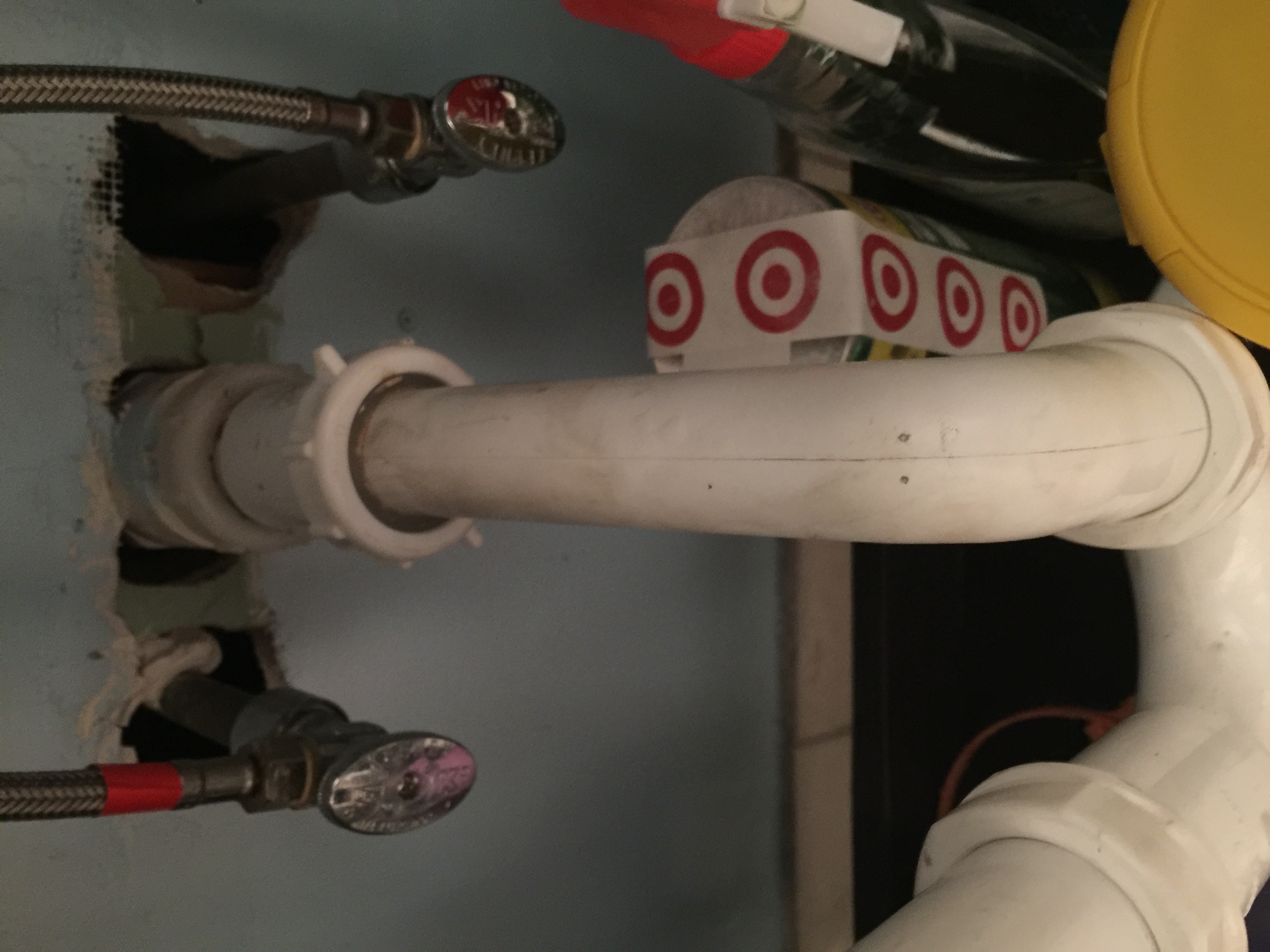 Another reason for a slow-draining bathroom sink could be old and clogged pipes. Over time, pipes can become worn out or damaged, leading to a buildup of sediment and debris that can cause clogs. This is especially common in older homes where the plumbing system may not have been updated in many years.
Another reason for a slow-draining bathroom sink could be old and clogged pipes. Over time, pipes can become worn out or damaged, leading to a buildup of sediment and debris that can cause clogs. This is especially common in older homes where the plumbing system may not have been updated in many years.
If you suspect that your slow-draining sink is due to old and clogged pipes, it is important to have a professional plumber inspect and potentially replace them. Neglecting this issue can lead to more serious plumbing problems in the future, so it is best to address it as soon as possible.
Improper Installation
 In some cases, a slow-draining bathroom sink could be a result of improper installation. If the pipes are not properly aligned or connected, it can create areas where water and debris can get trapped, causing clogs and slow drainage. This is why it is crucial to hire a professional plumber for any installation or renovation work in your bathroom.
In some cases, a slow-draining bathroom sink could be a result of improper installation. If the pipes are not properly aligned or connected, it can create areas where water and debris can get trapped, causing clogs and slow drainage. This is why it is crucial to hire a professional plumber for any installation or renovation work in your bathroom.
If you suspect that your bathroom sink was not installed correctly, it is best to have a professional come and assess the situation. They will be able to identify any issues and provide a solution to ensure proper drainage.
In conclusion, a slow-draining bathroom sink can be a nuisance and a potential plumbing problem. To prevent this issue, it is important to regularly clean out the sink drain, use a hair catcher, and hire a professional for any plumbing installation or repairs. By taking these precautions, you can keep your bathroom sink draining efficiently and maintain a functional and aesthetically pleasing bathroom in your home.
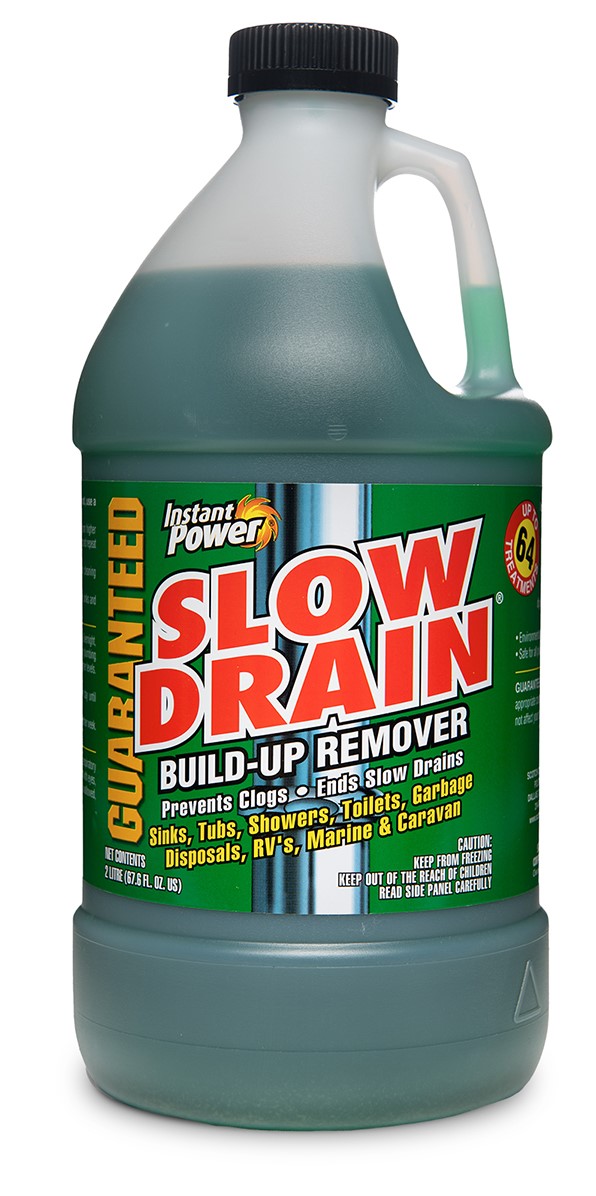
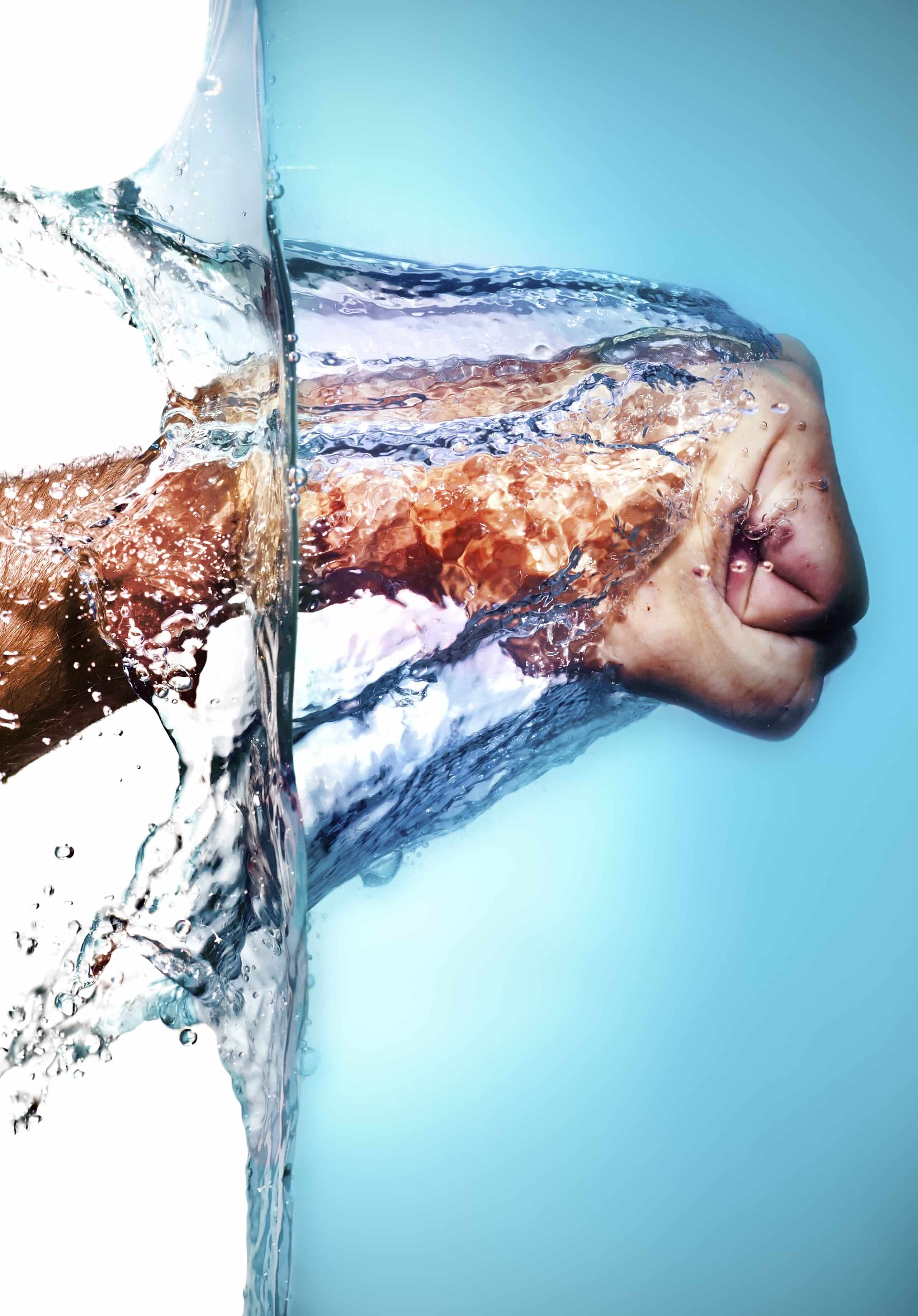
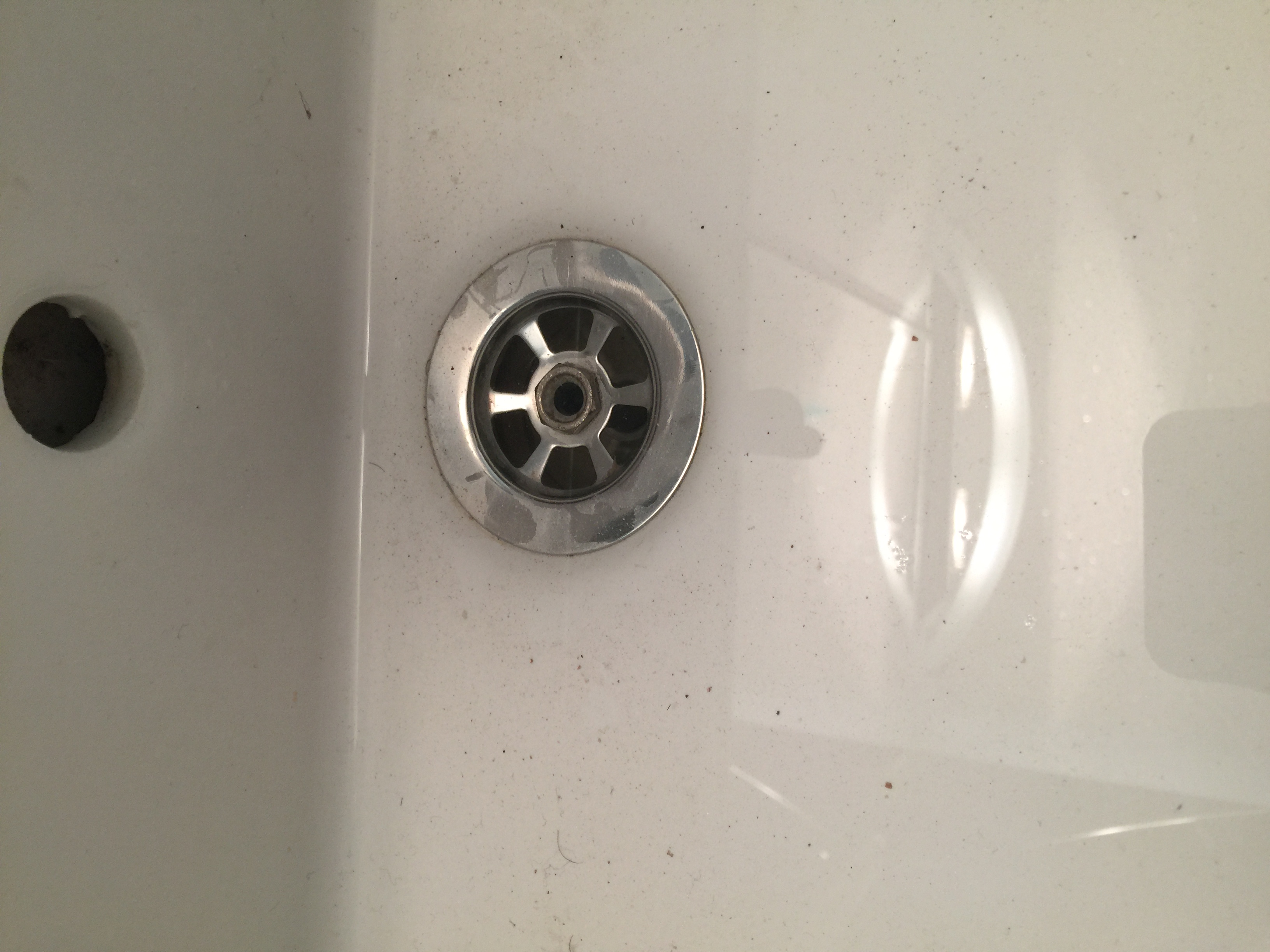

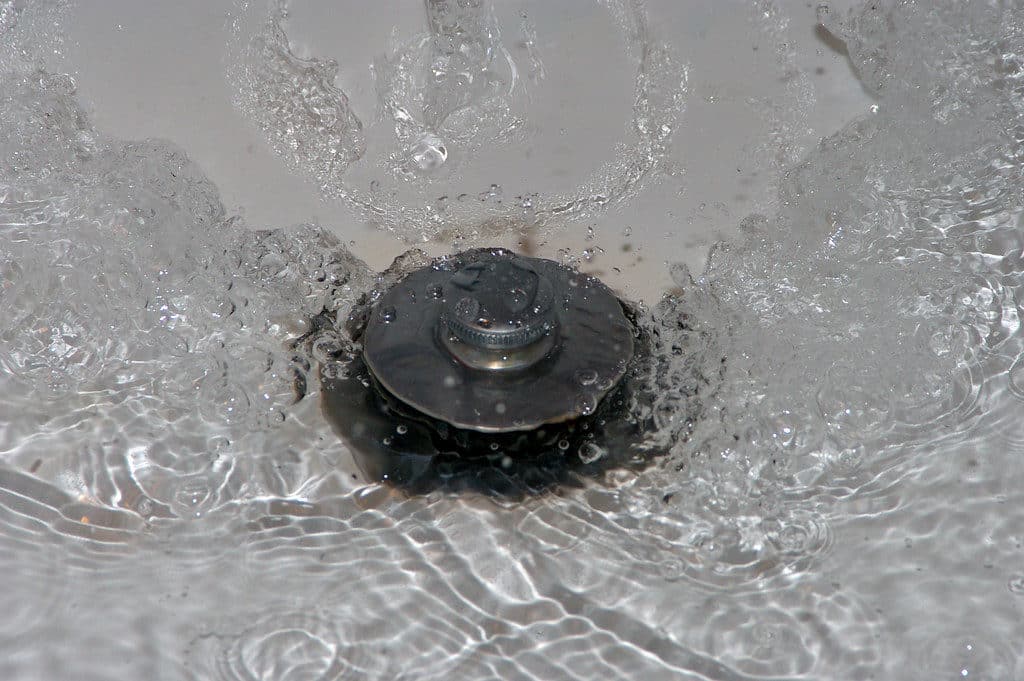


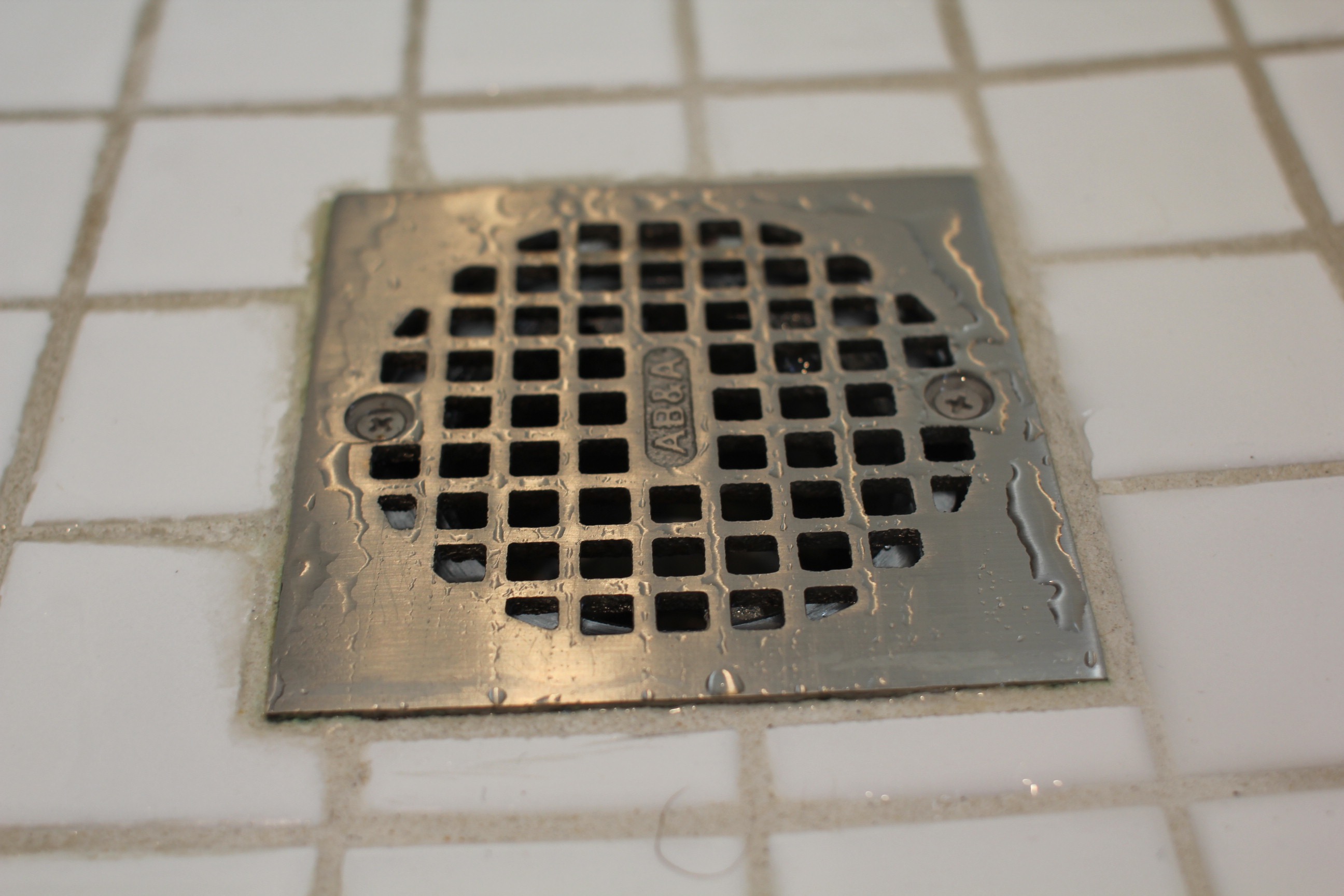



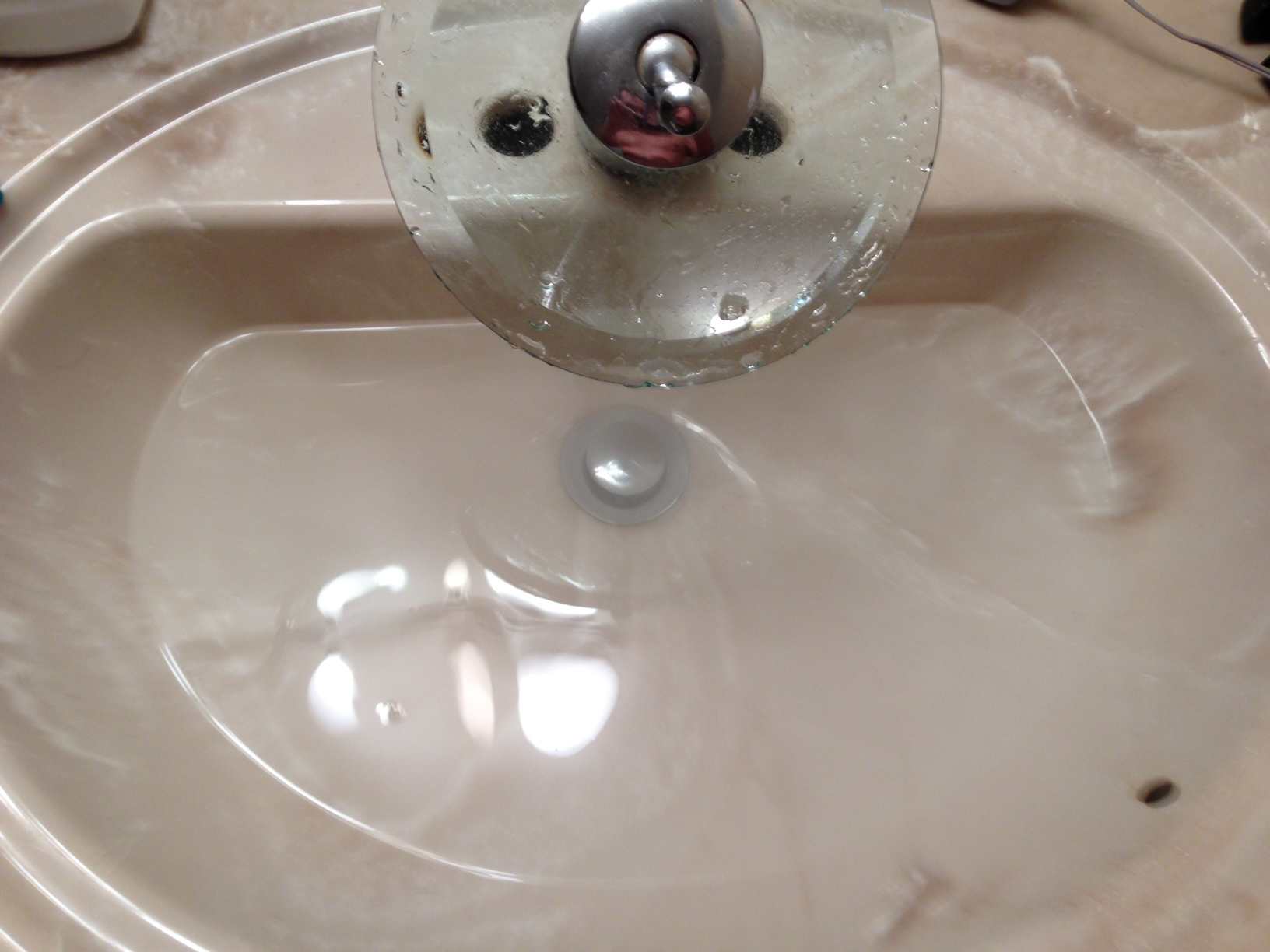


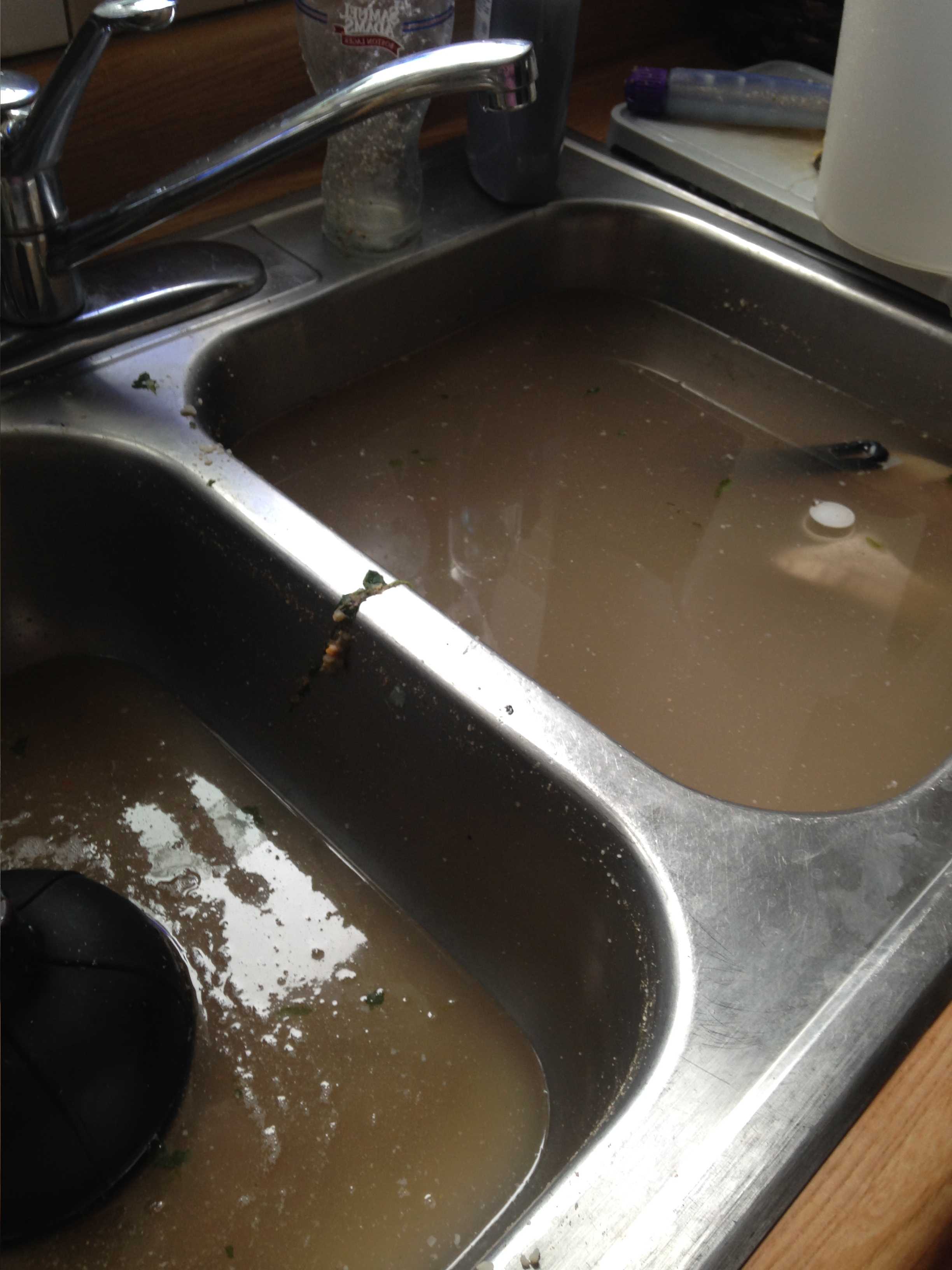




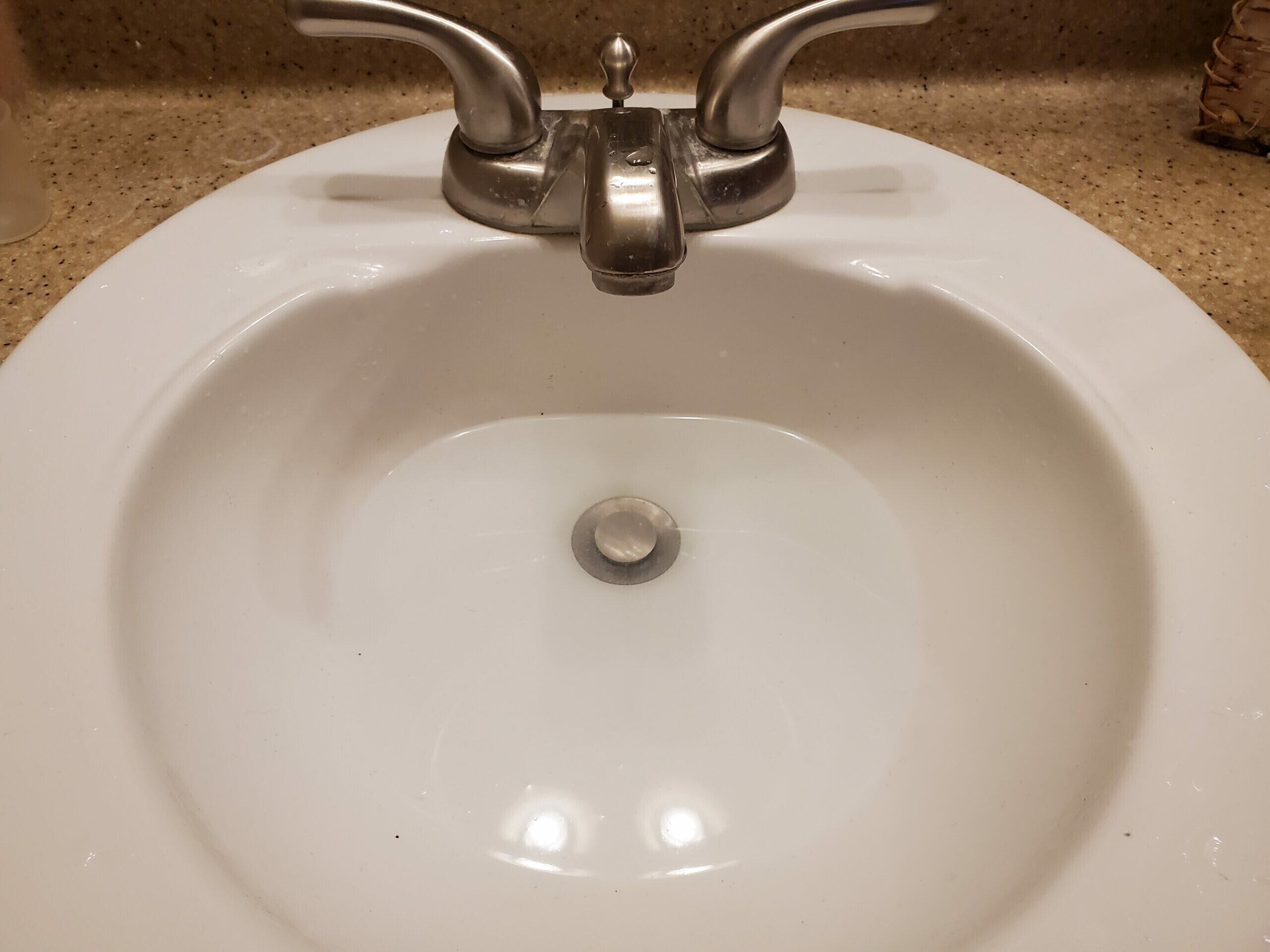
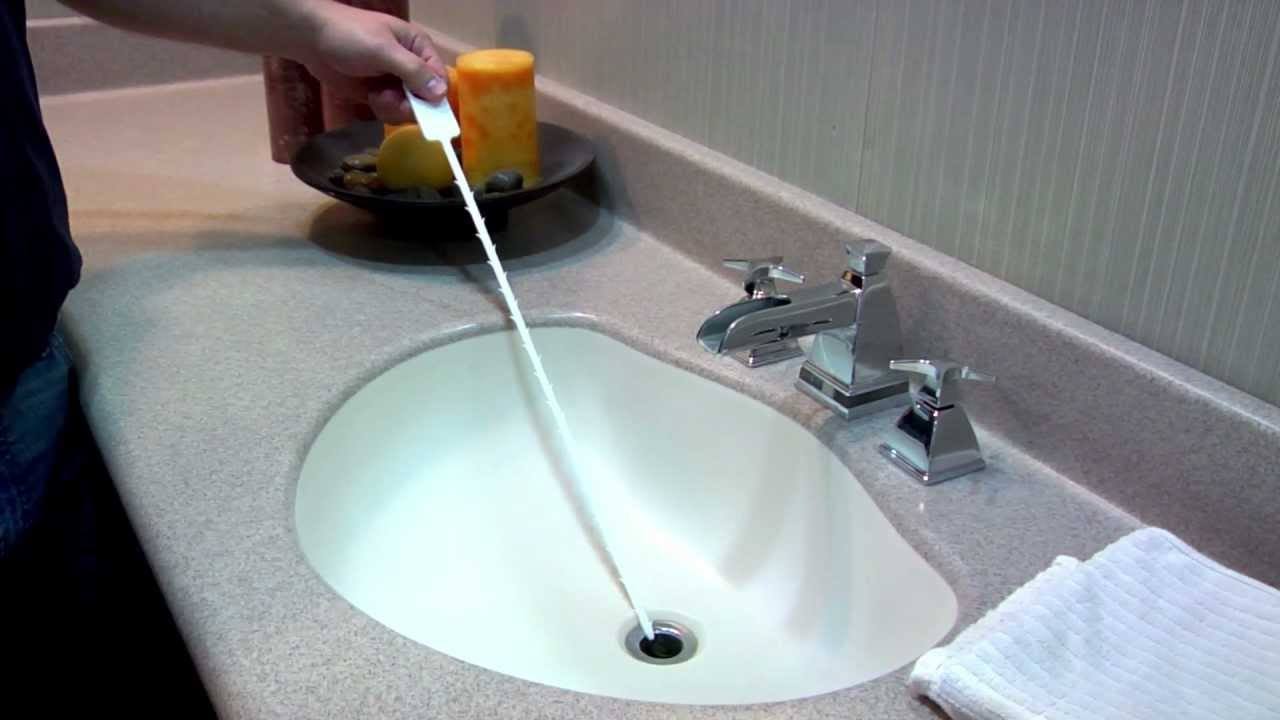



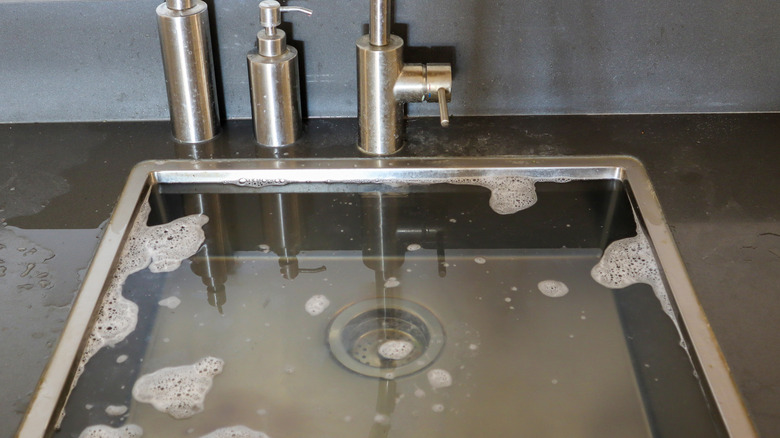
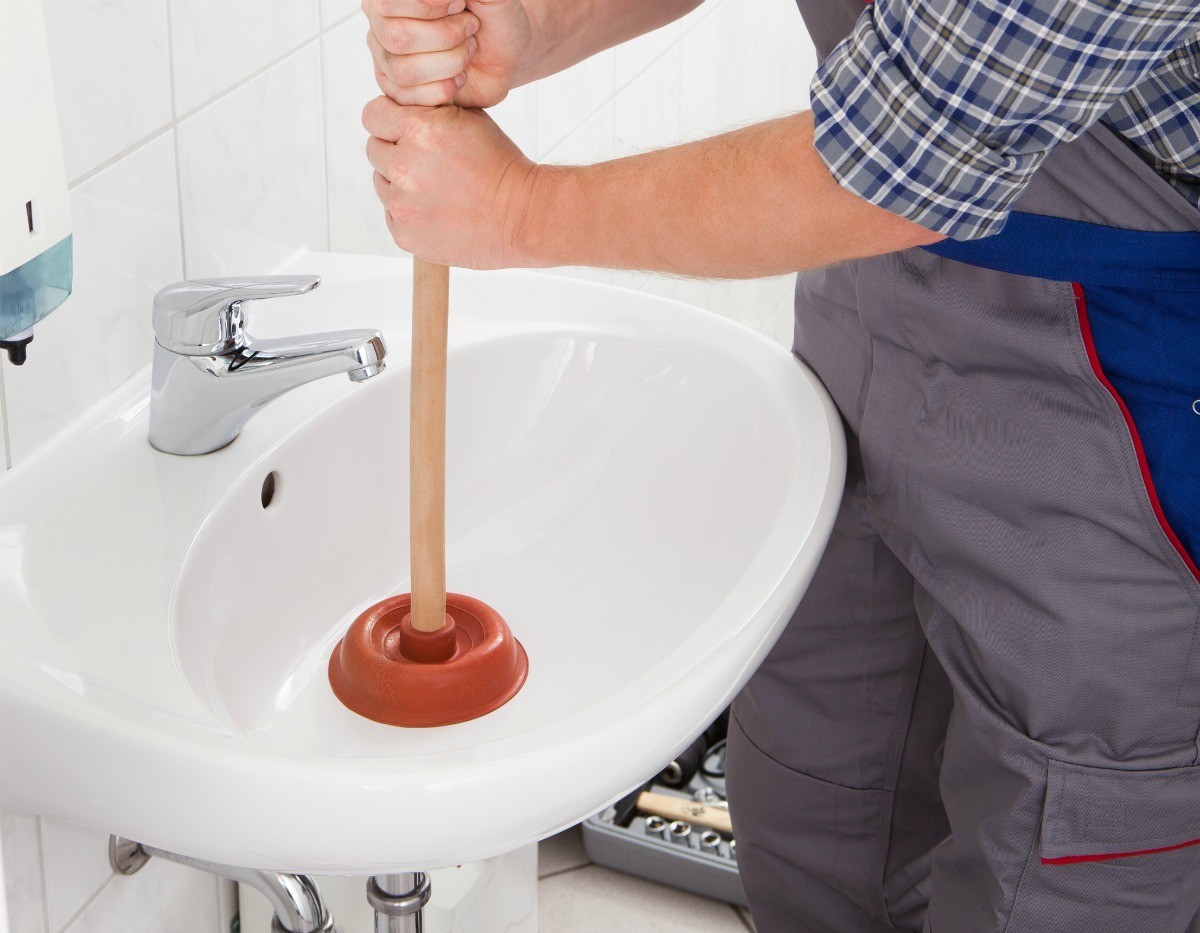







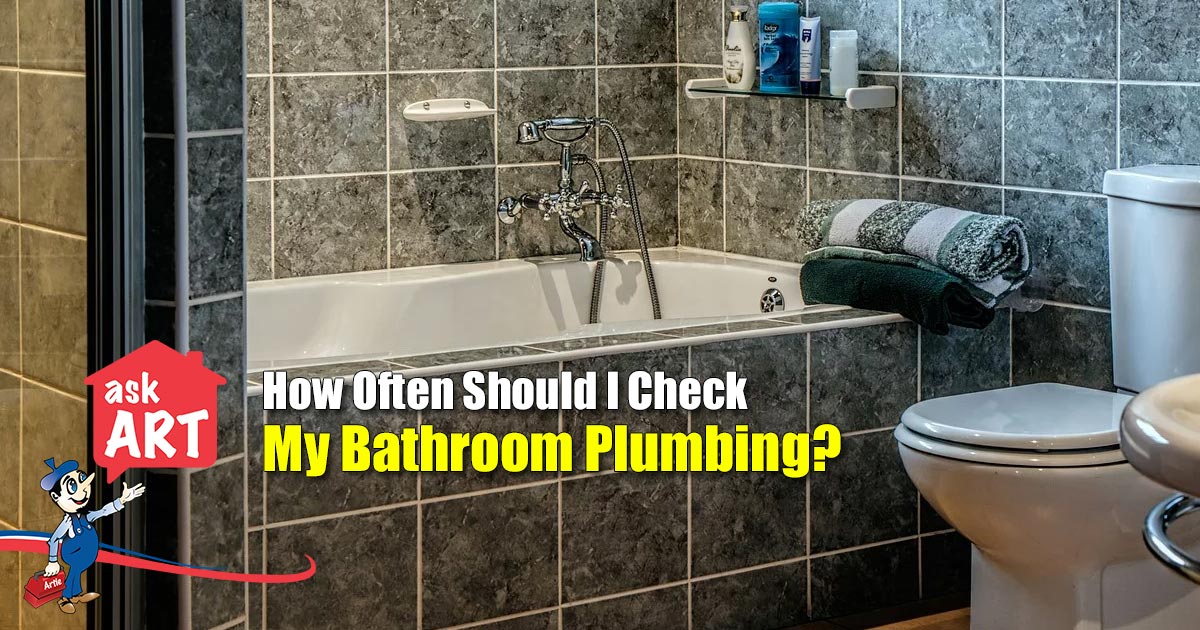

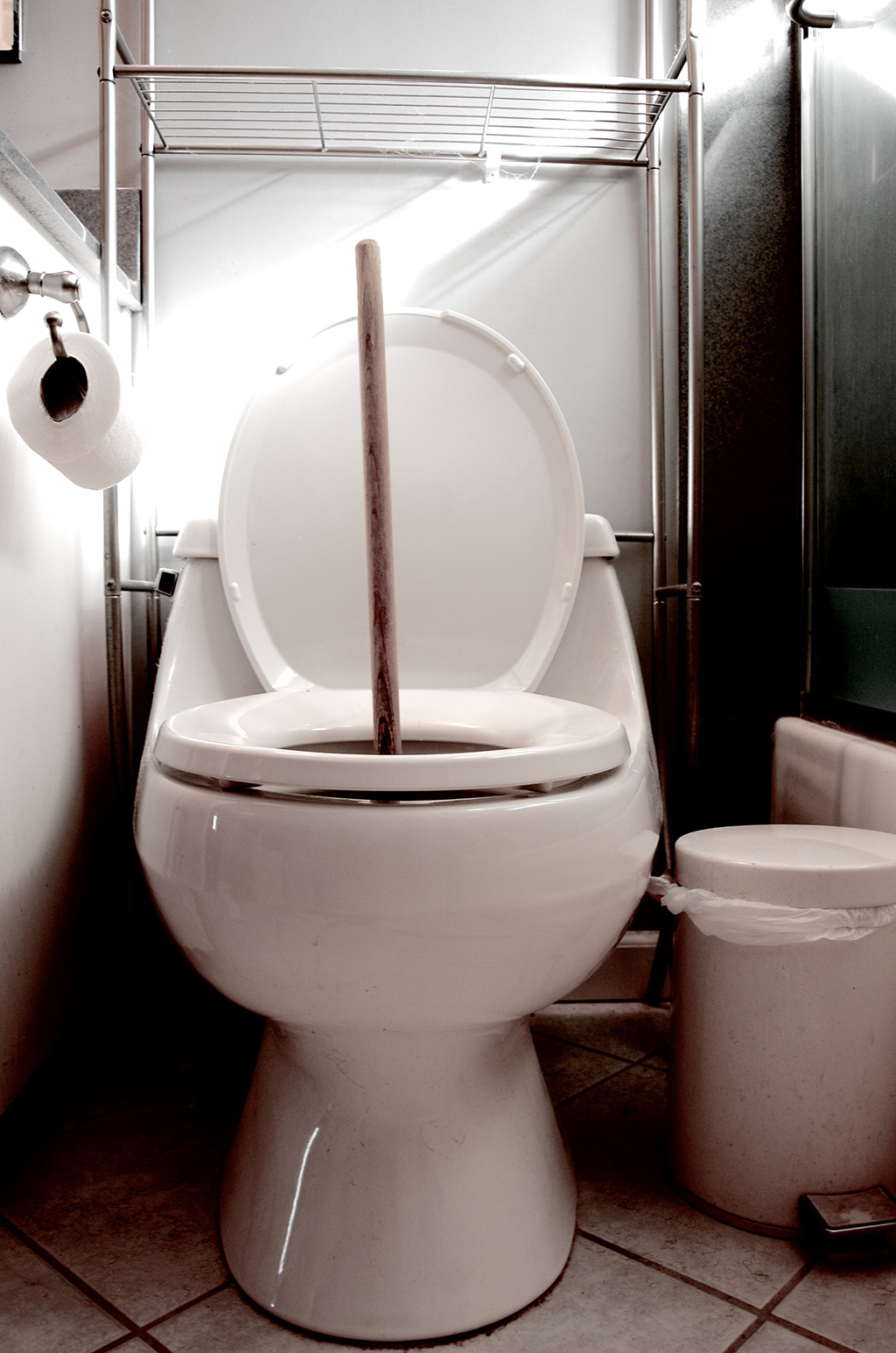


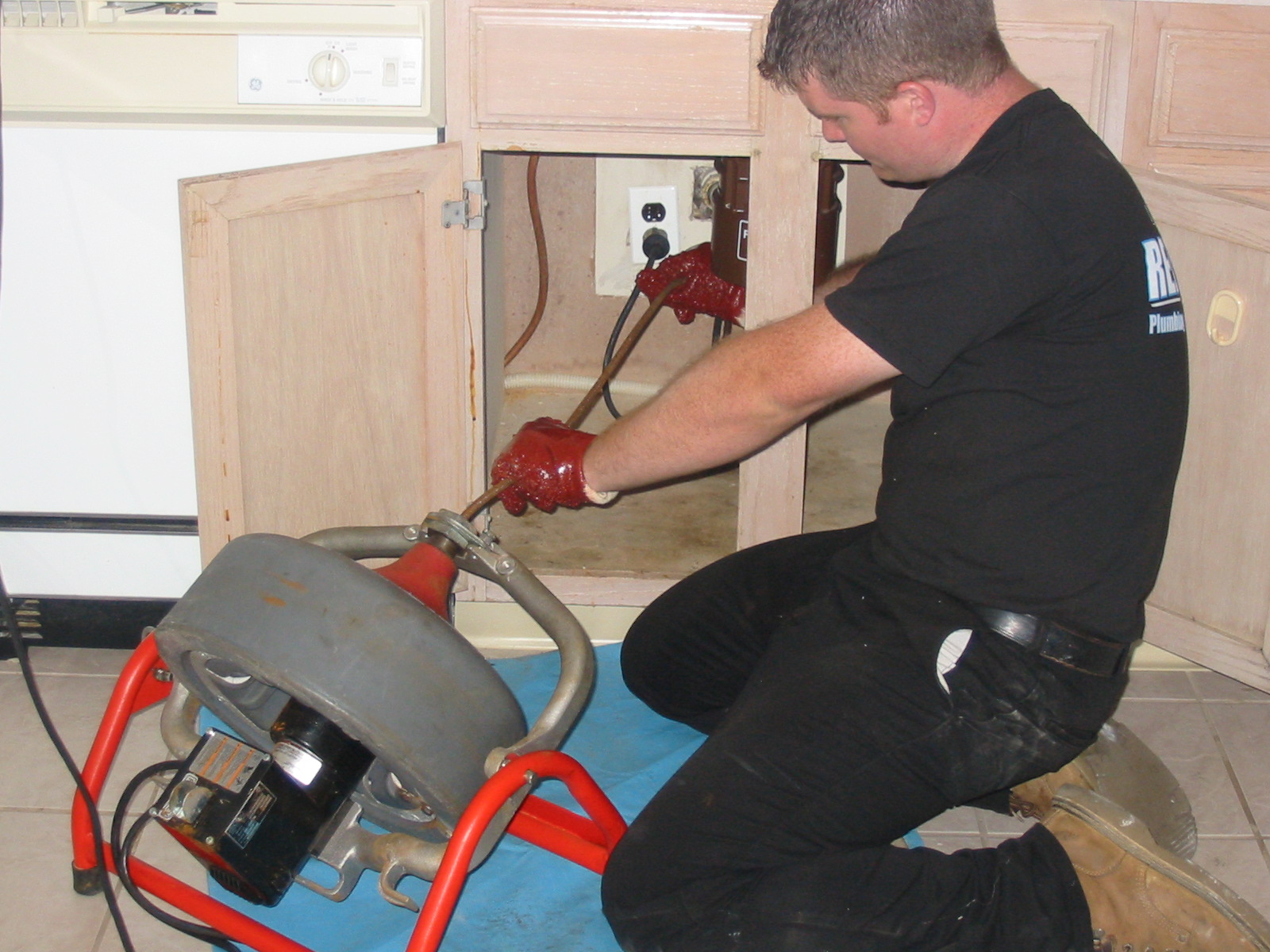

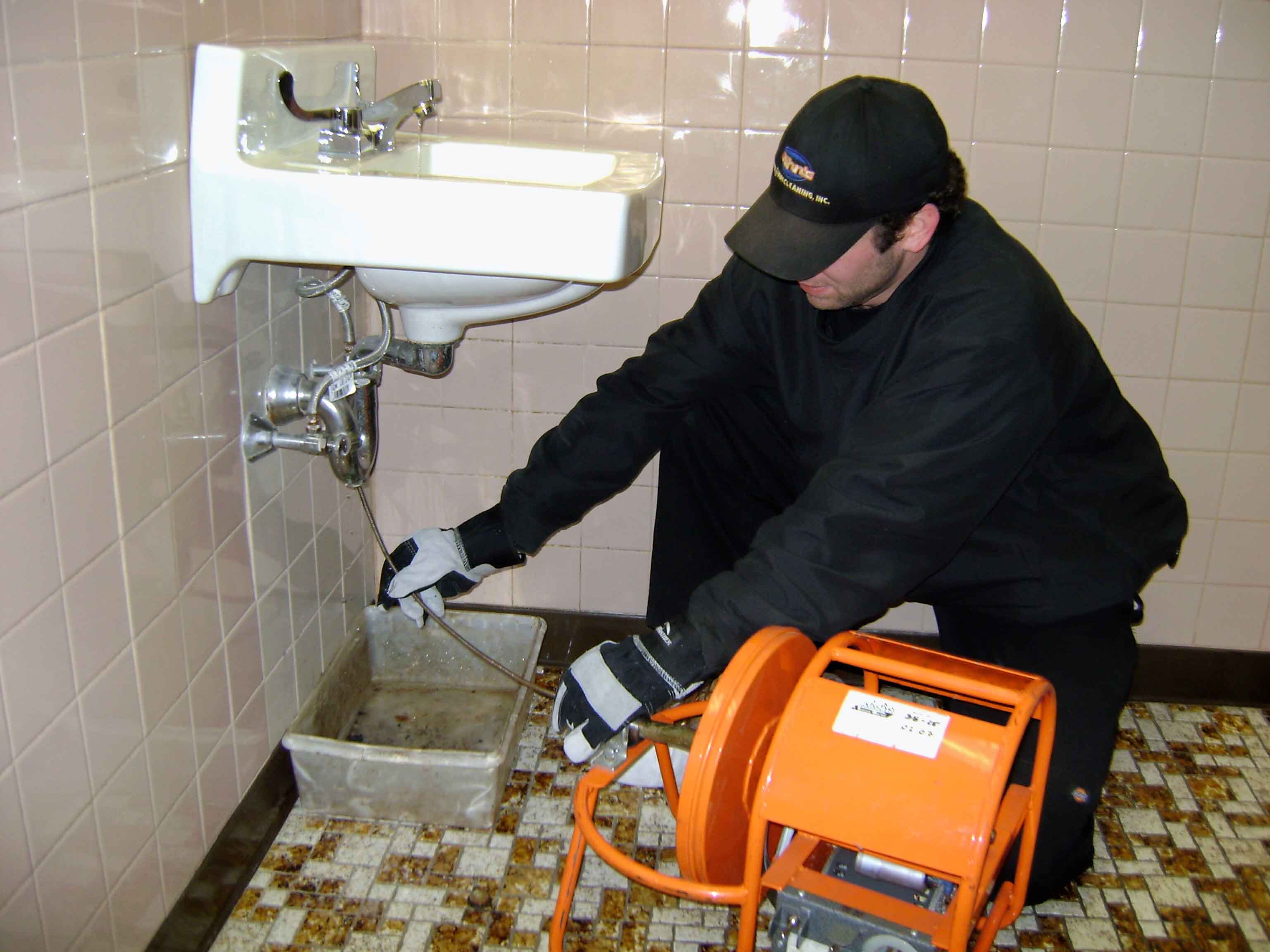

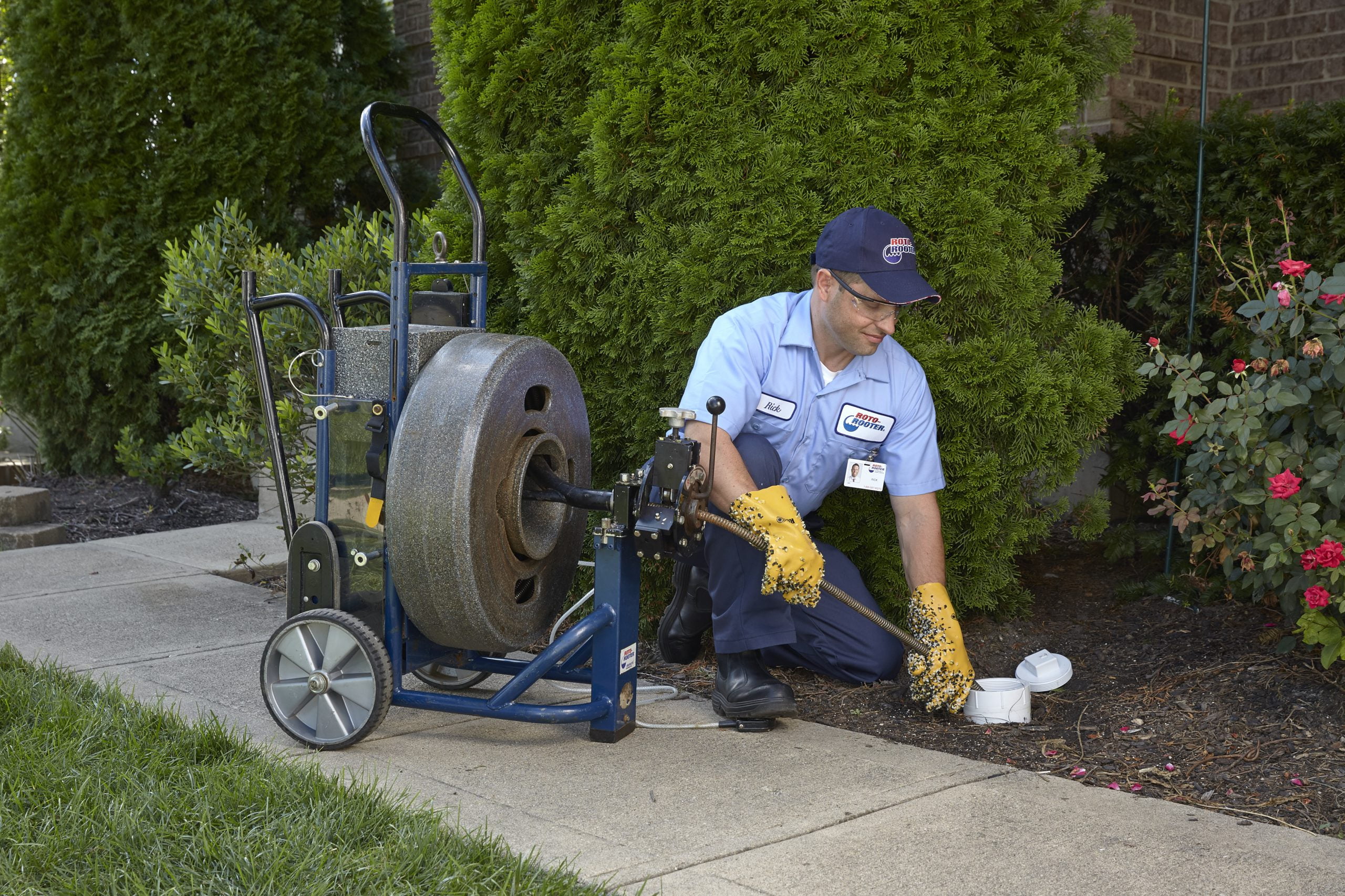




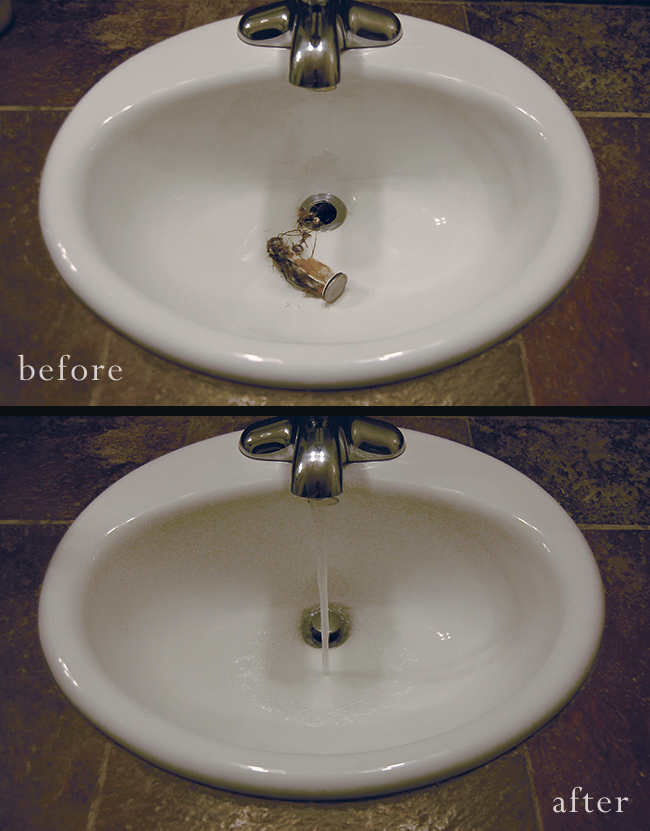





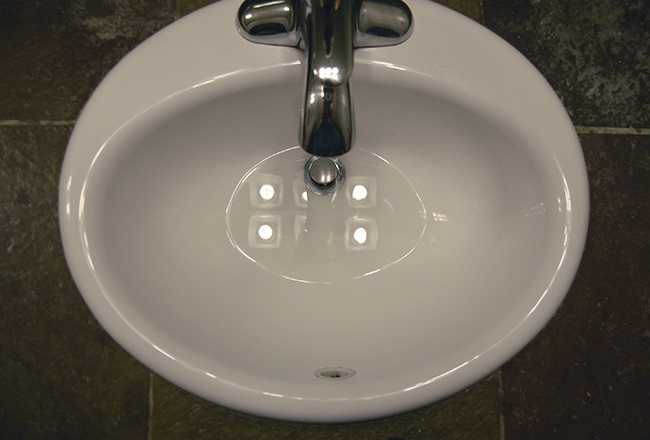
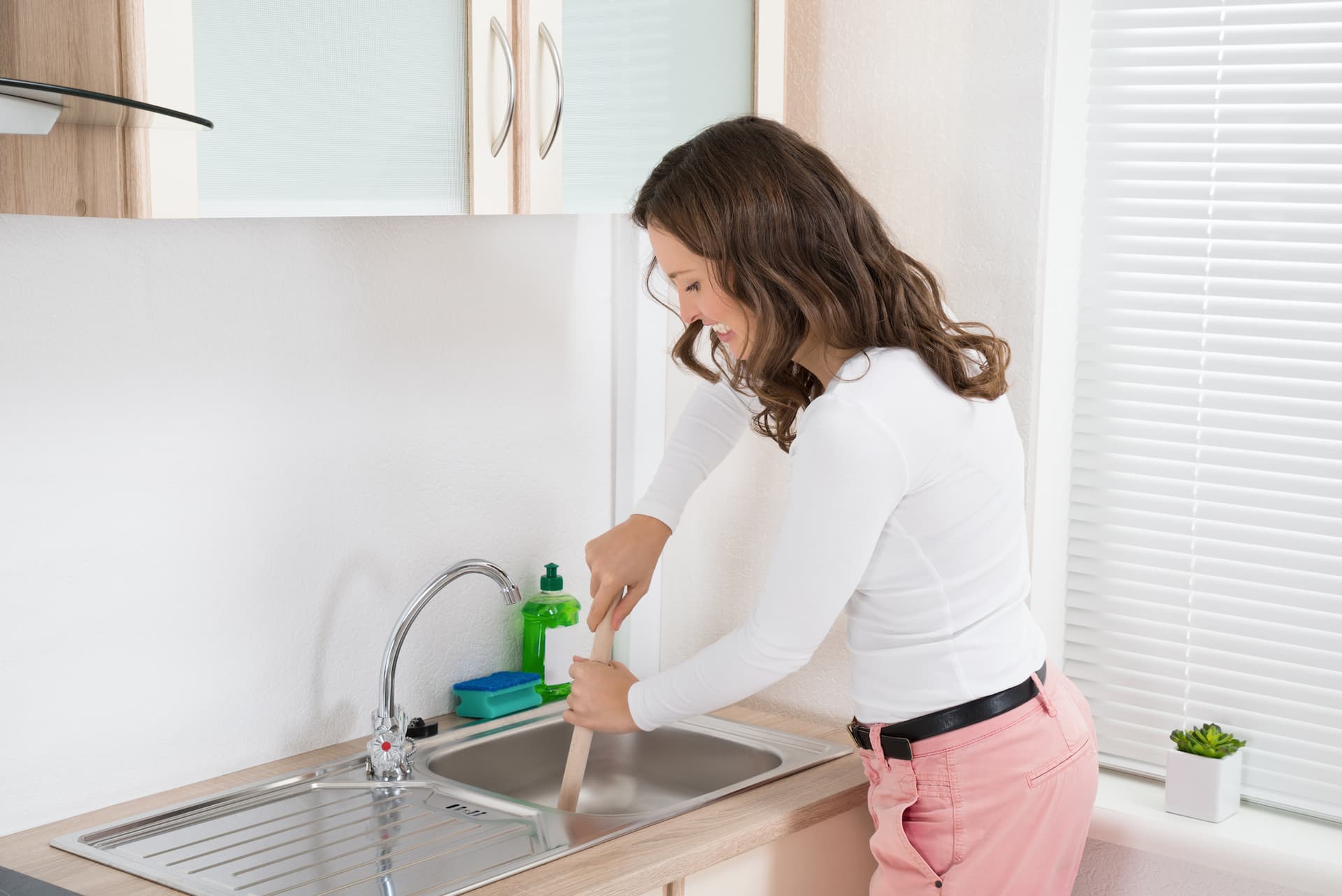


/plumber-unclogging-kitchen-sink-169270382-5797a9355f9b58461f27f024.jpg)


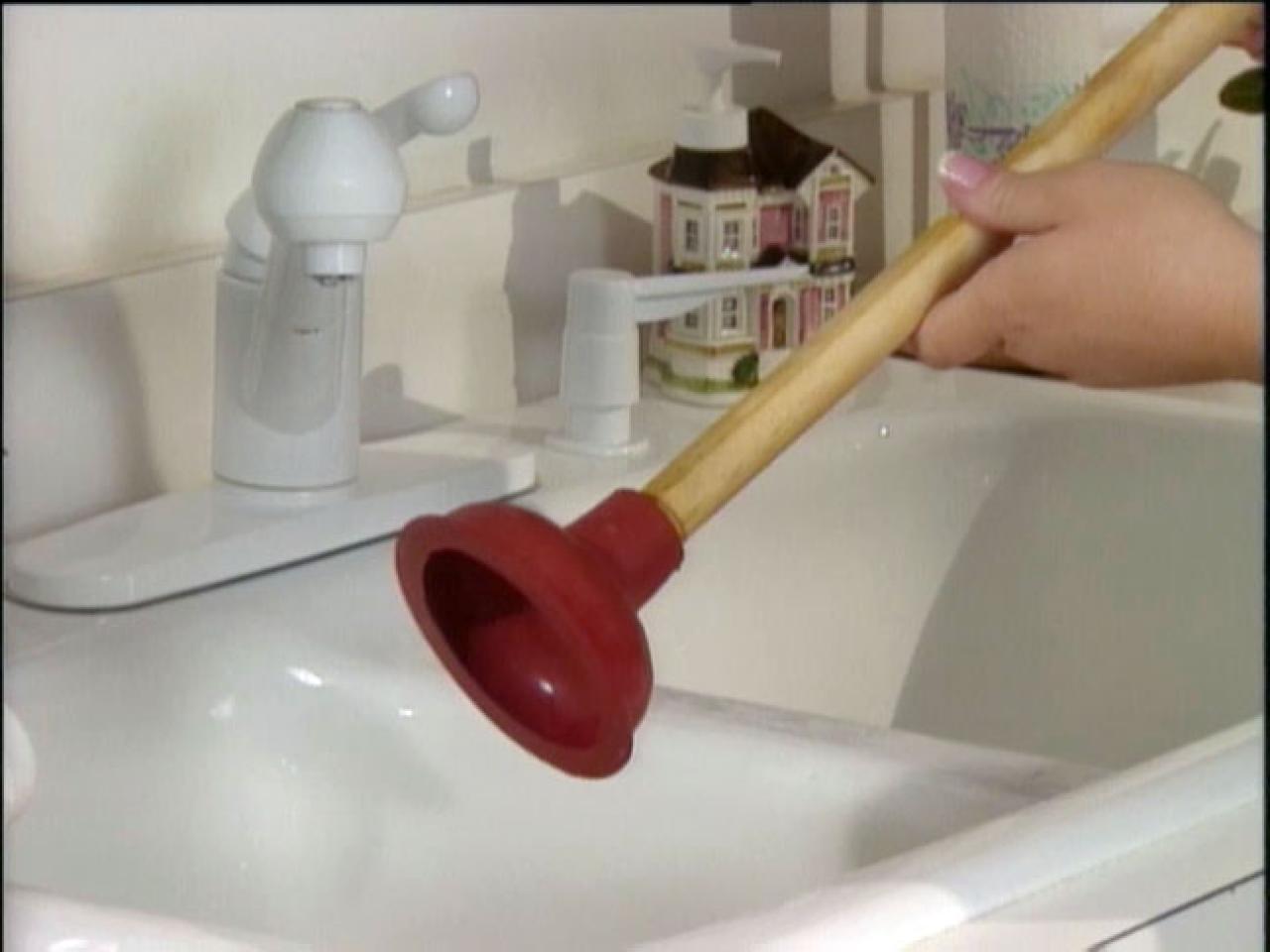


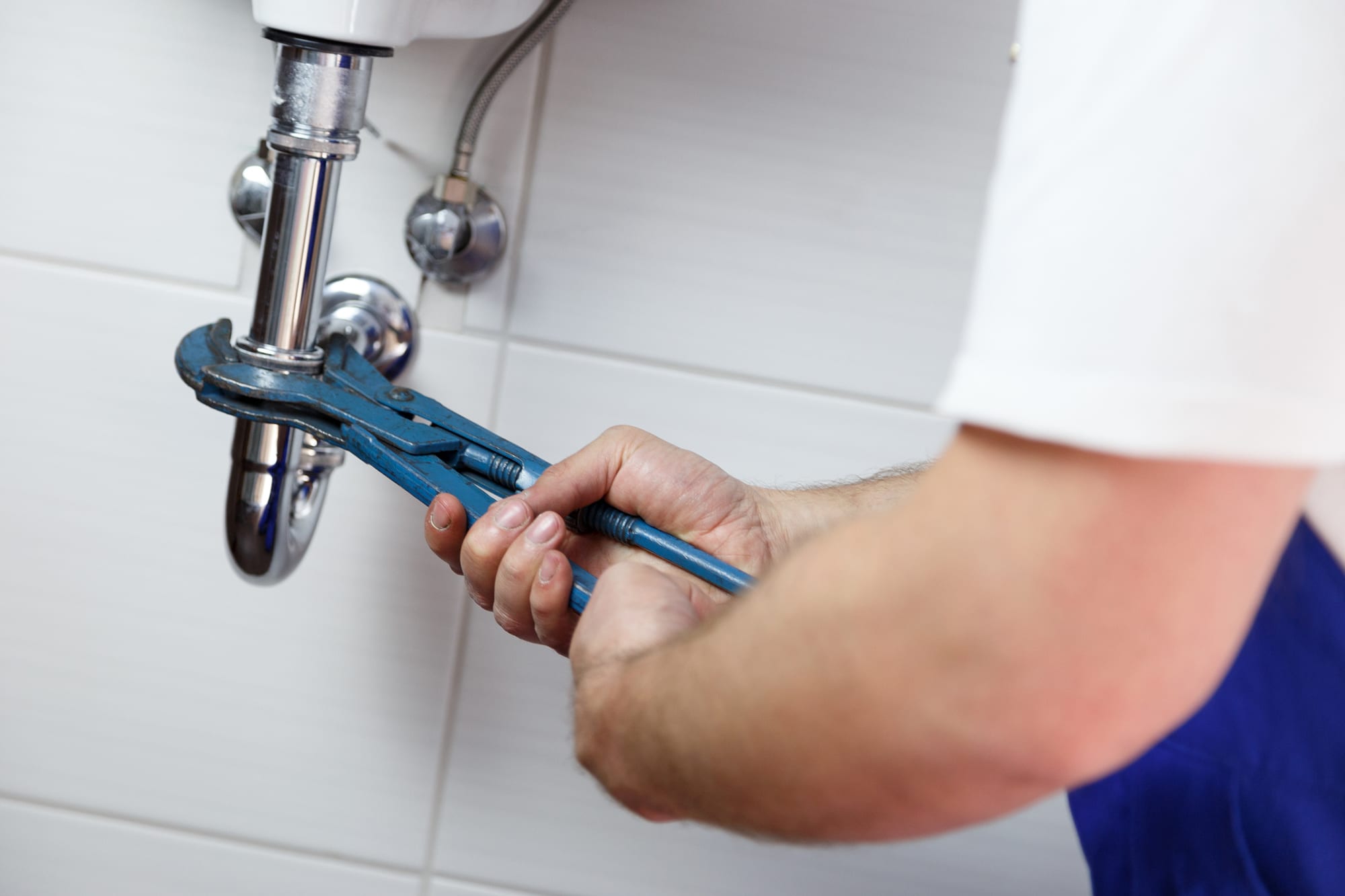
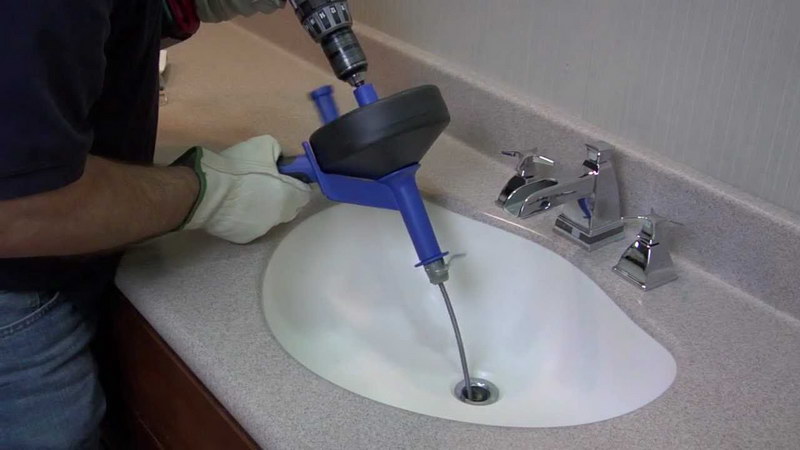


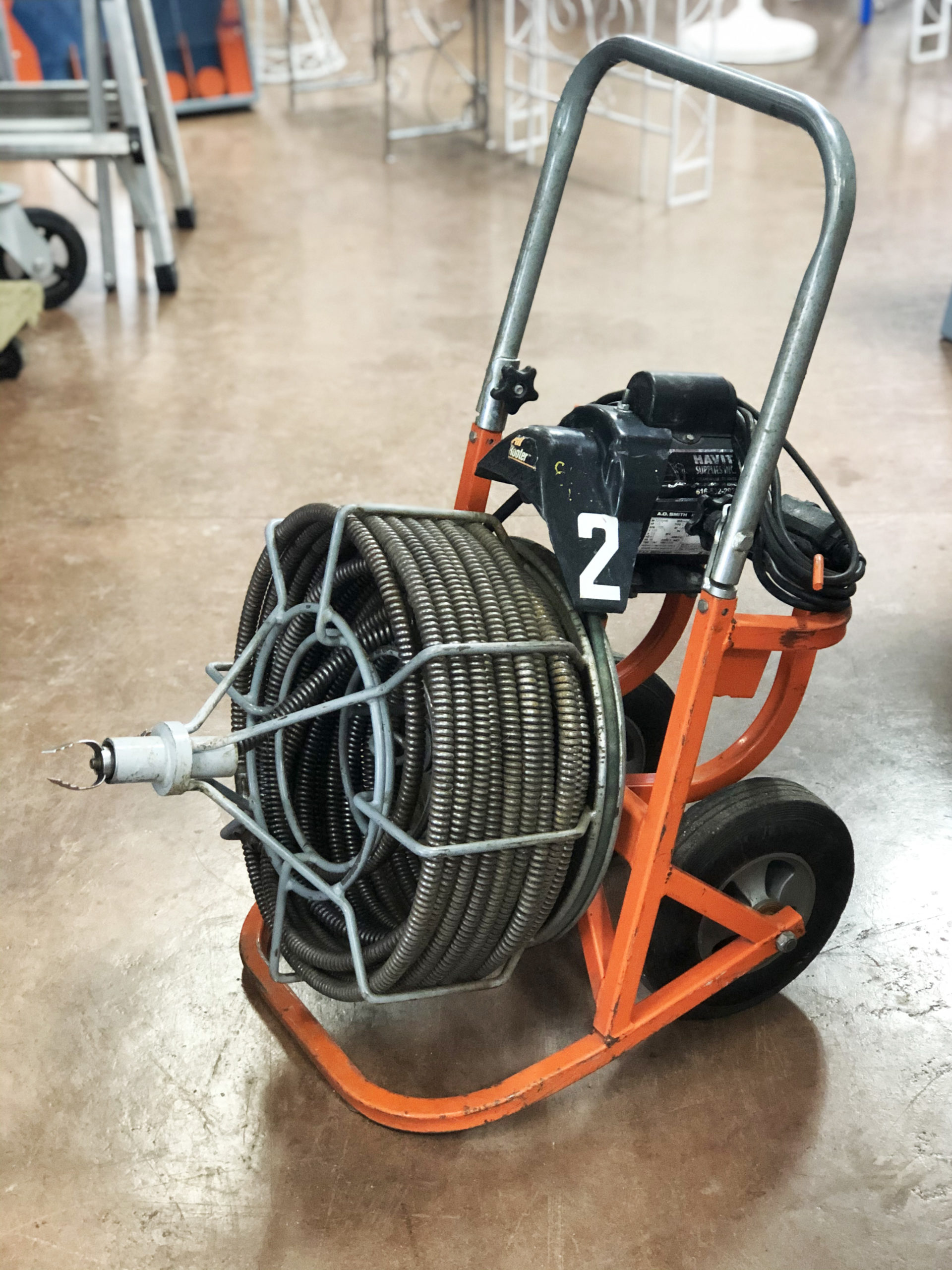
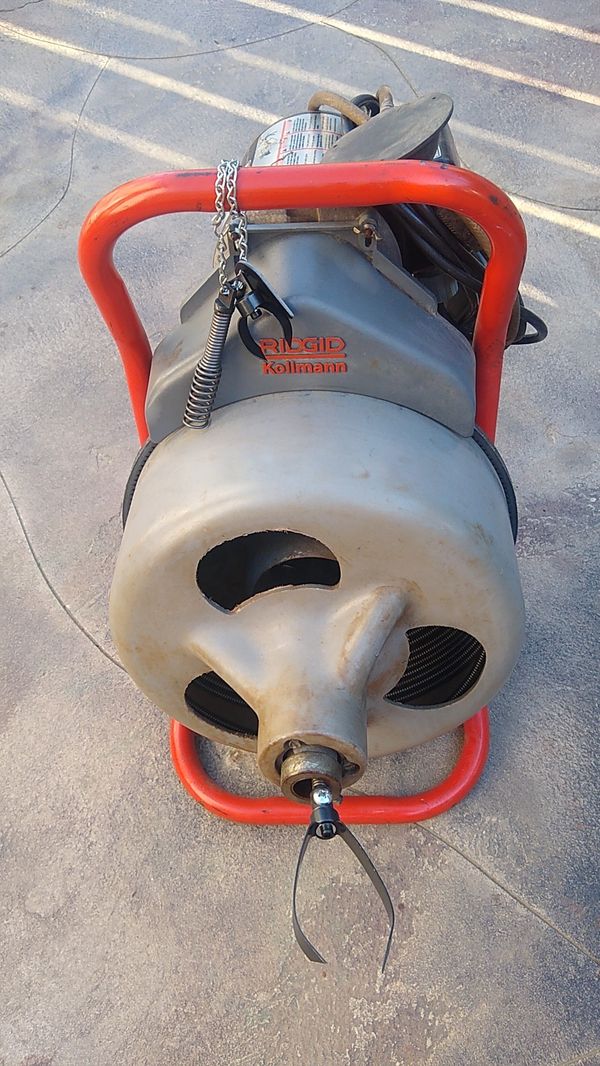
/pulling-hair-from-a-drain-182861550-5797d2d43df78ceb86a46b8e.jpg)

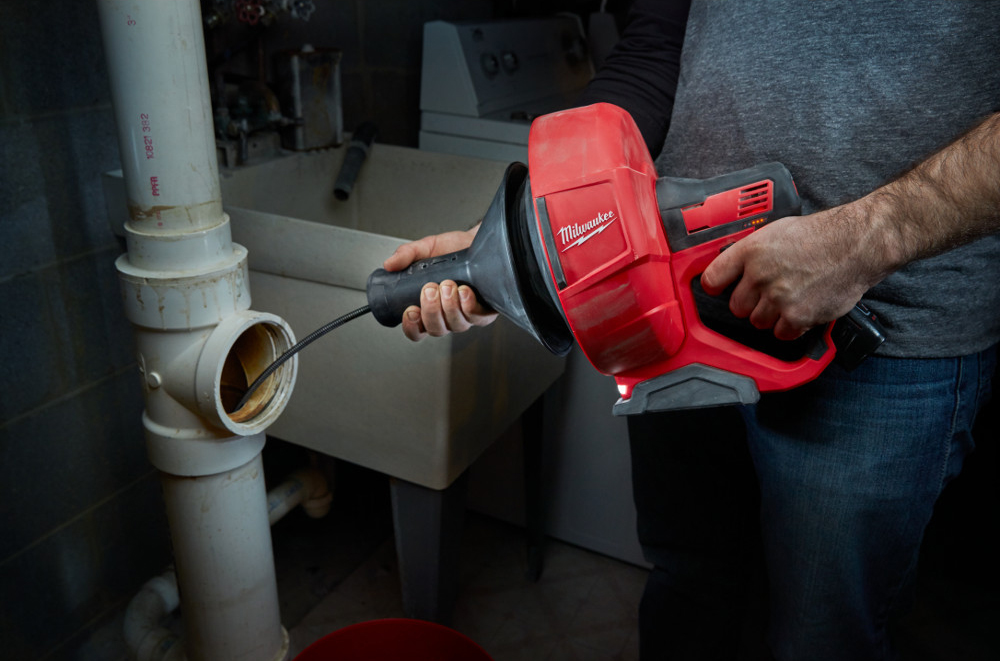




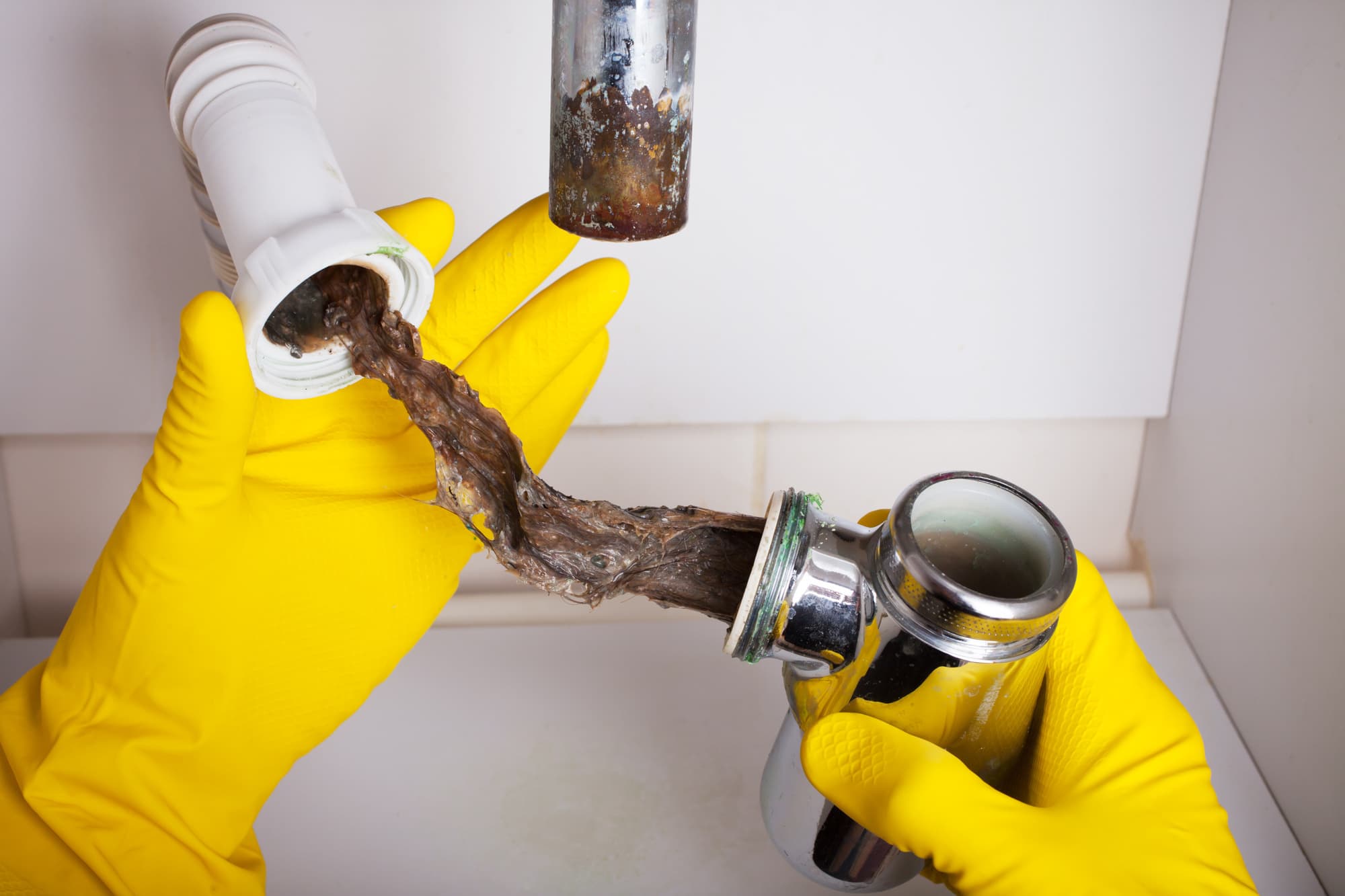
:max_bytes(150000):strip_icc()/Snake-drain-58f6c5705f9b581d5983614c.jpg)
:max_bytes(150000):strip_icc()/drain-snake-auger-stuck-1822488-hero-836b642775194604922b83c45137f5f2.jpg)

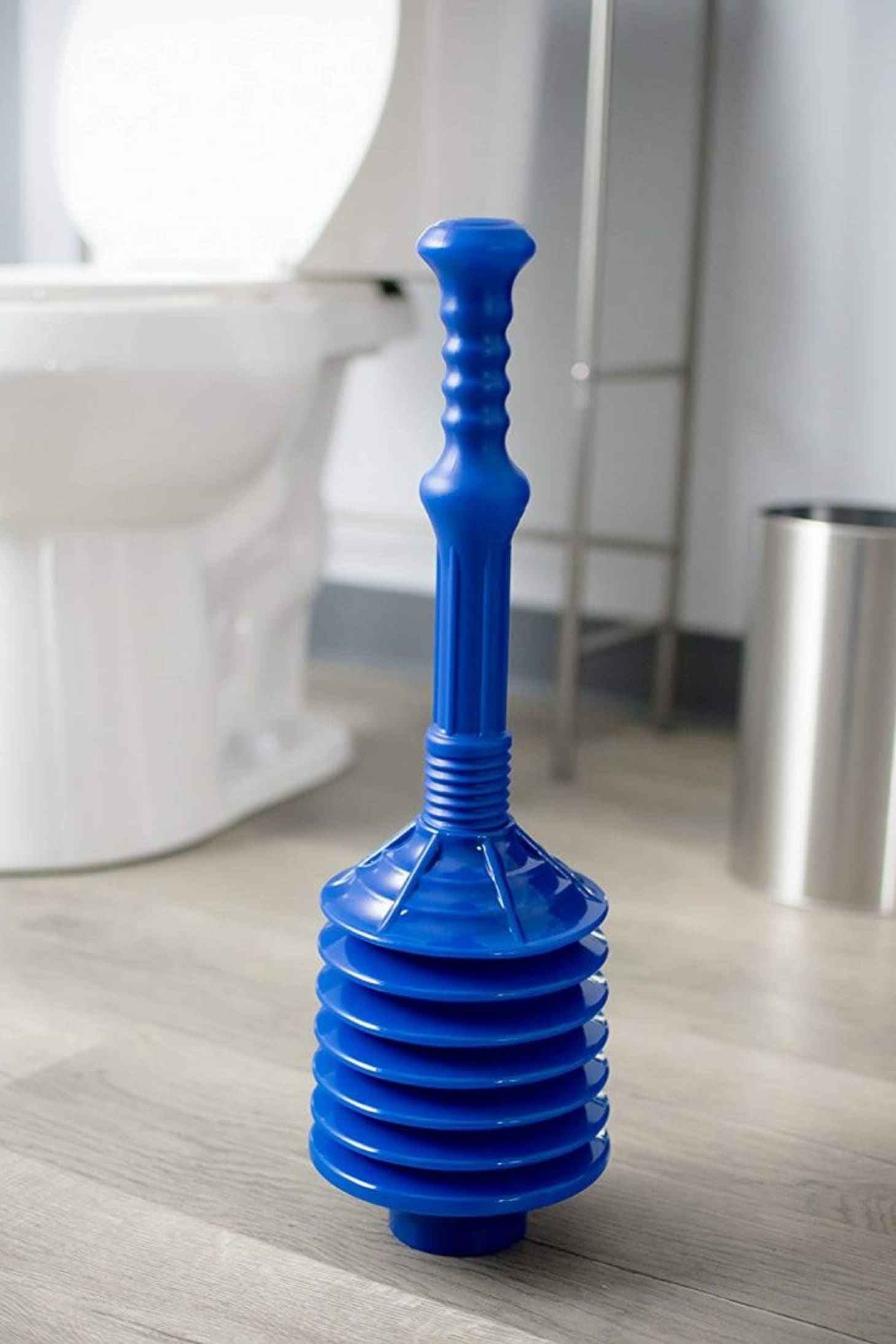
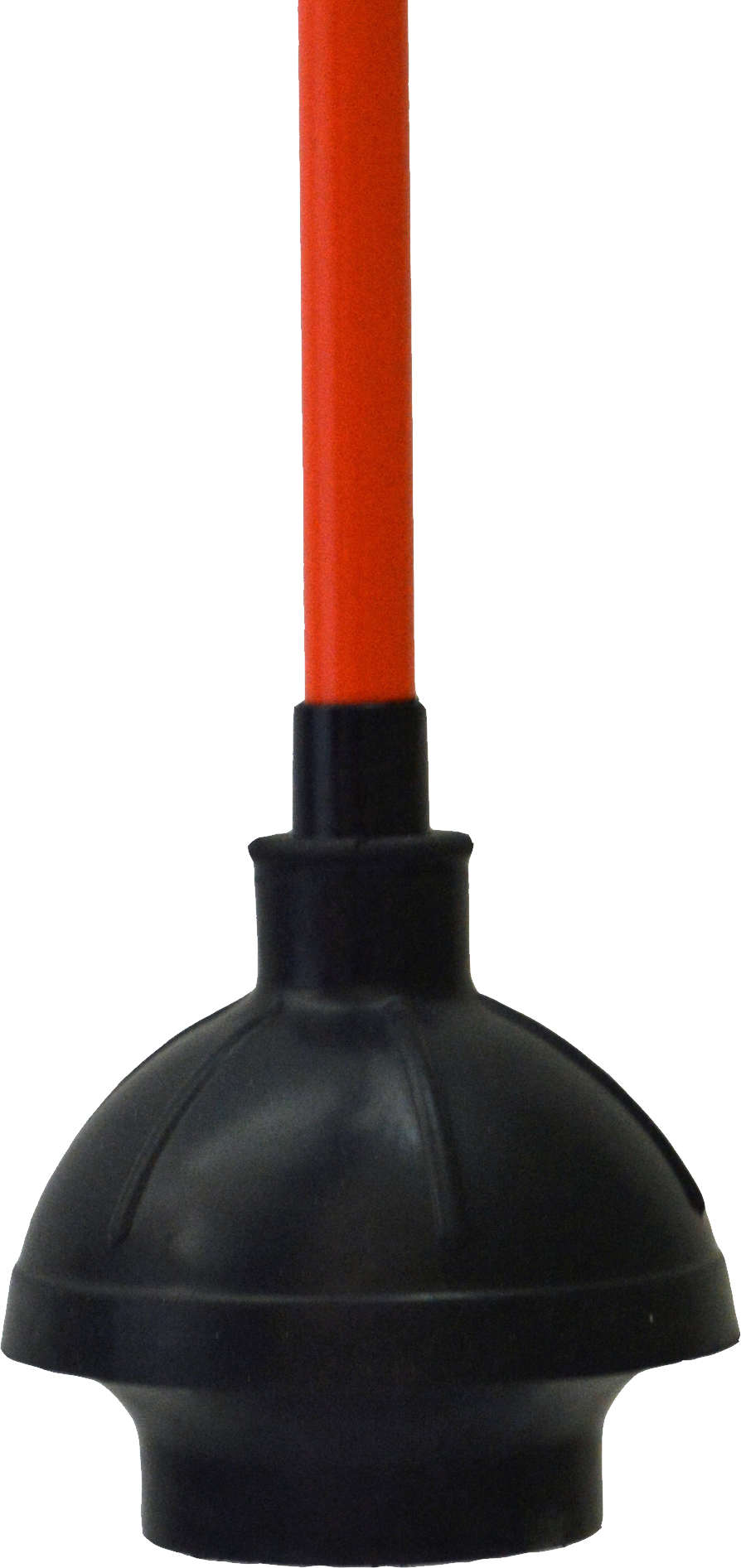
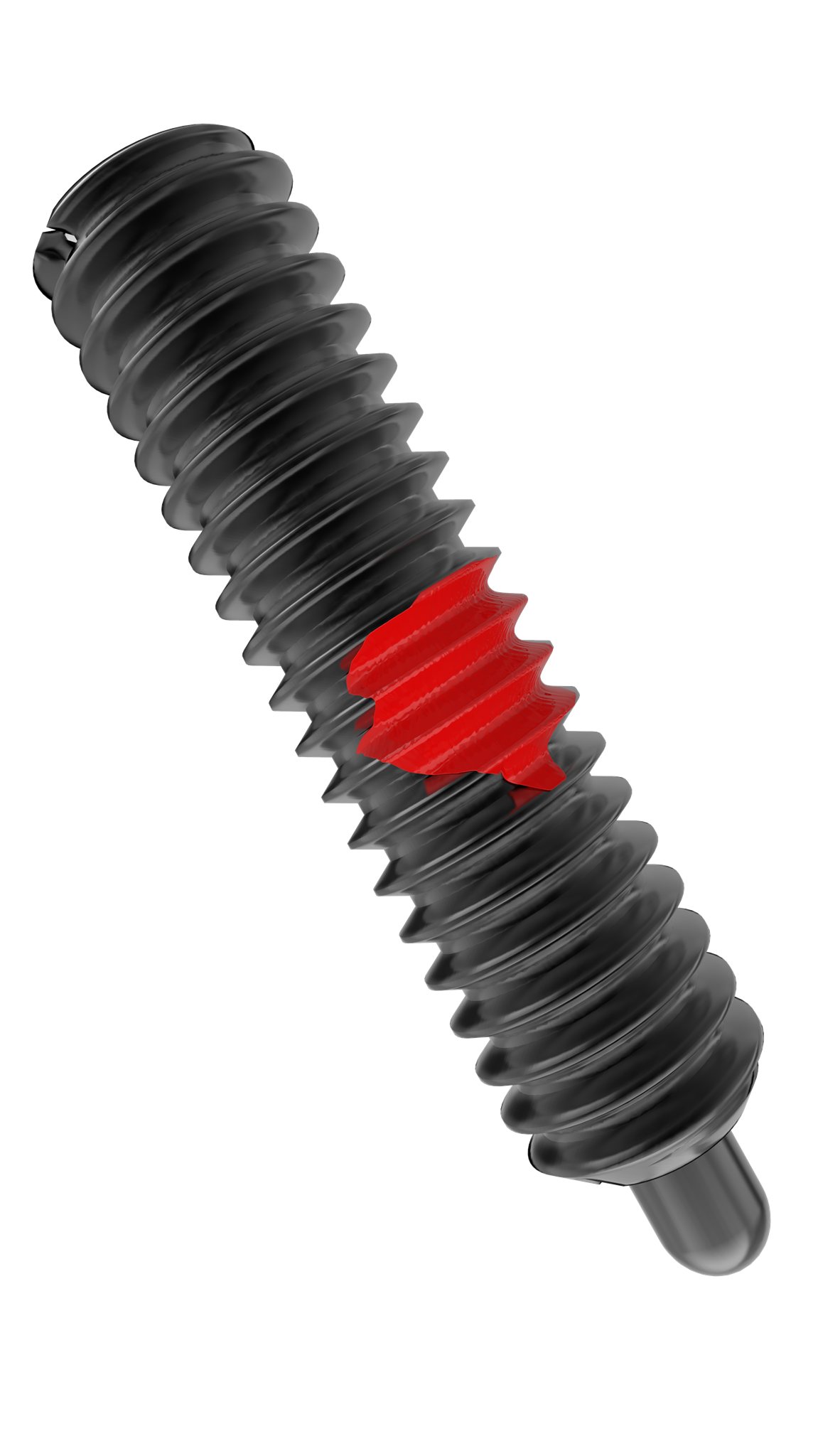
/GettyImages-173683465-58f822b83df78ca159d4543a.jpg)

:max_bytes(150000):strip_icc()/toilet-plunger-80708184-5797d8885f9b58461f591260.jpg)


:max_bytes(150000):strip_icc()/toilette-plunger--92314164-873564a34a3441058f00a8d6fc1f0441.jpg)
